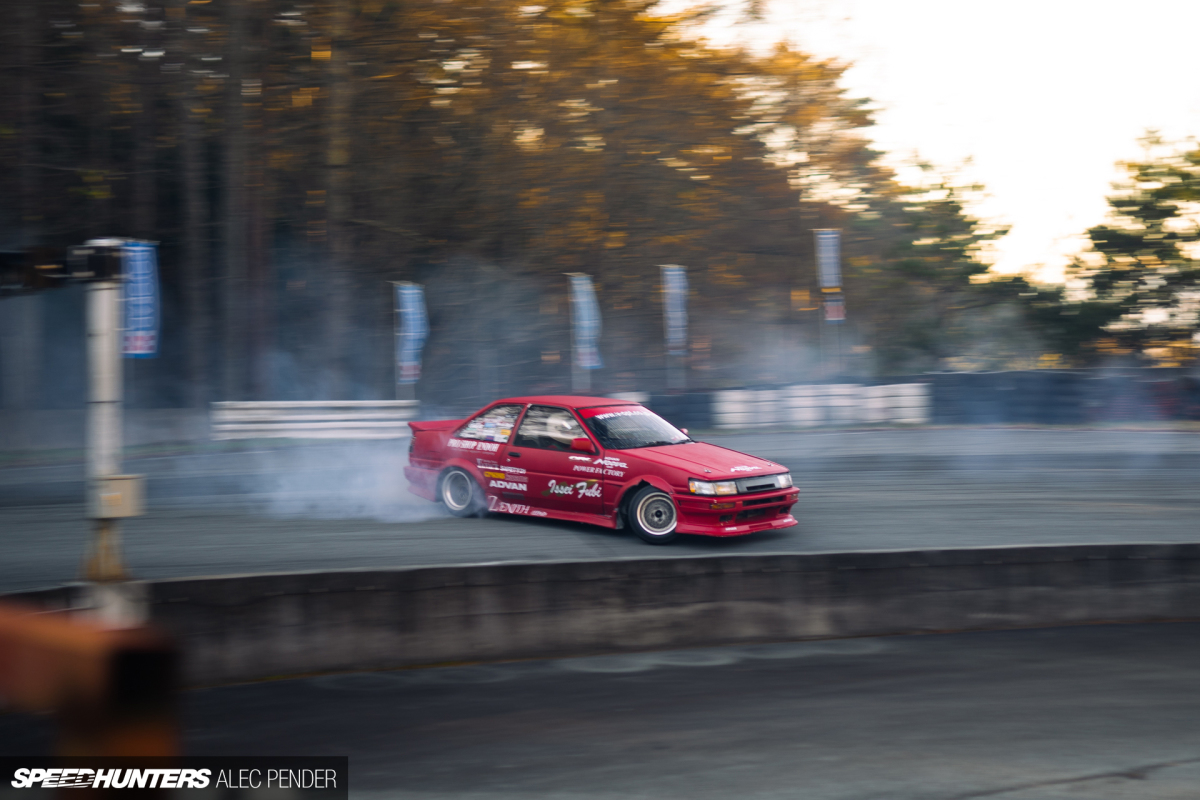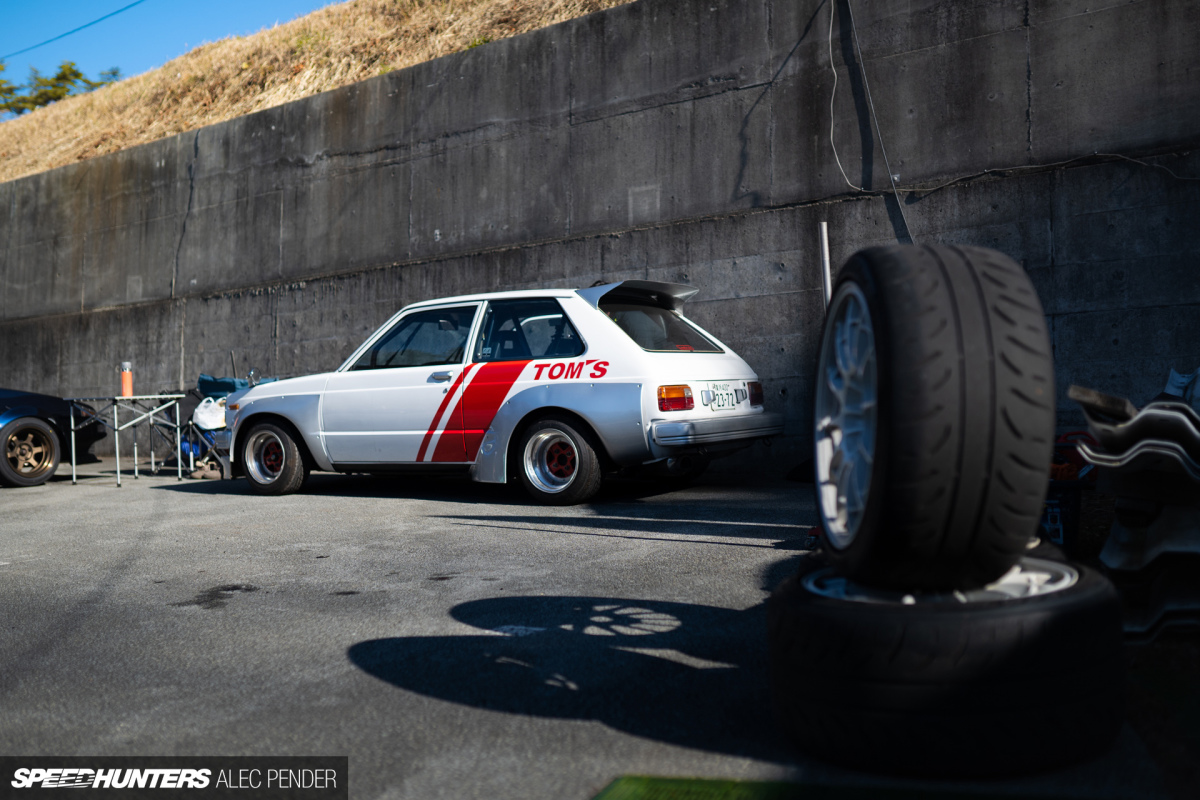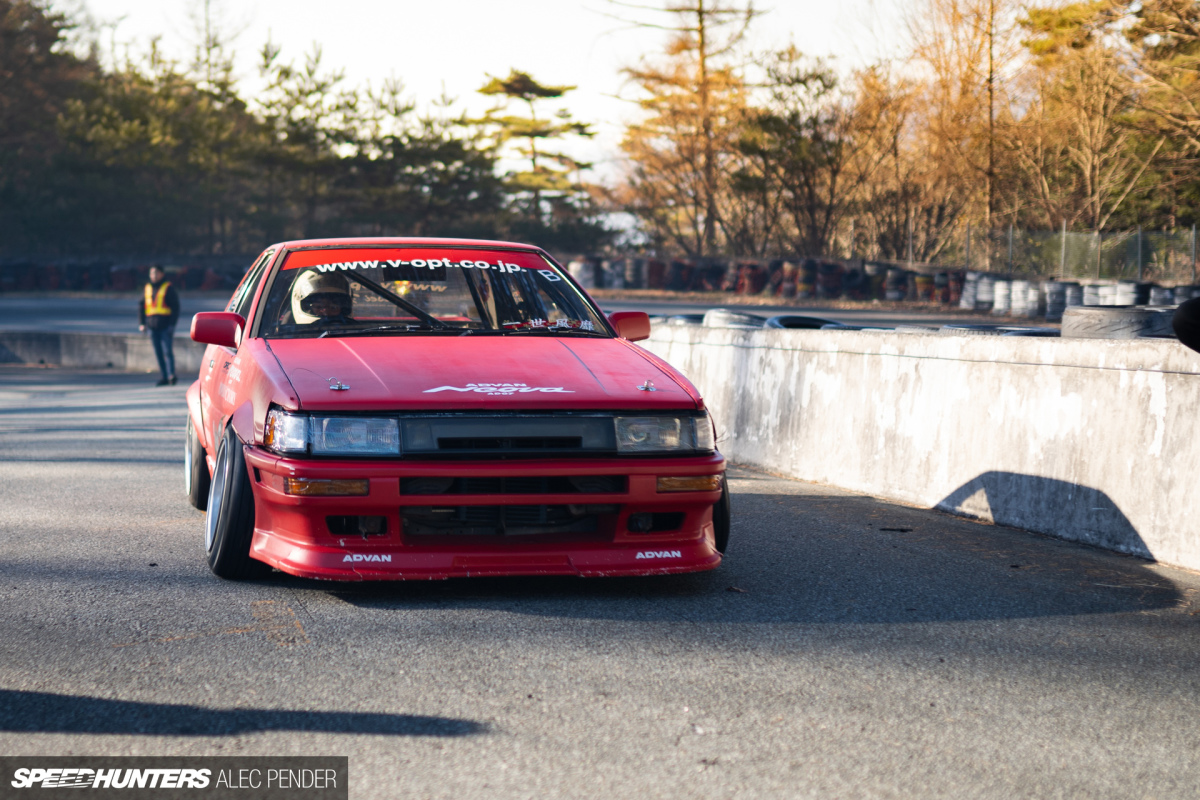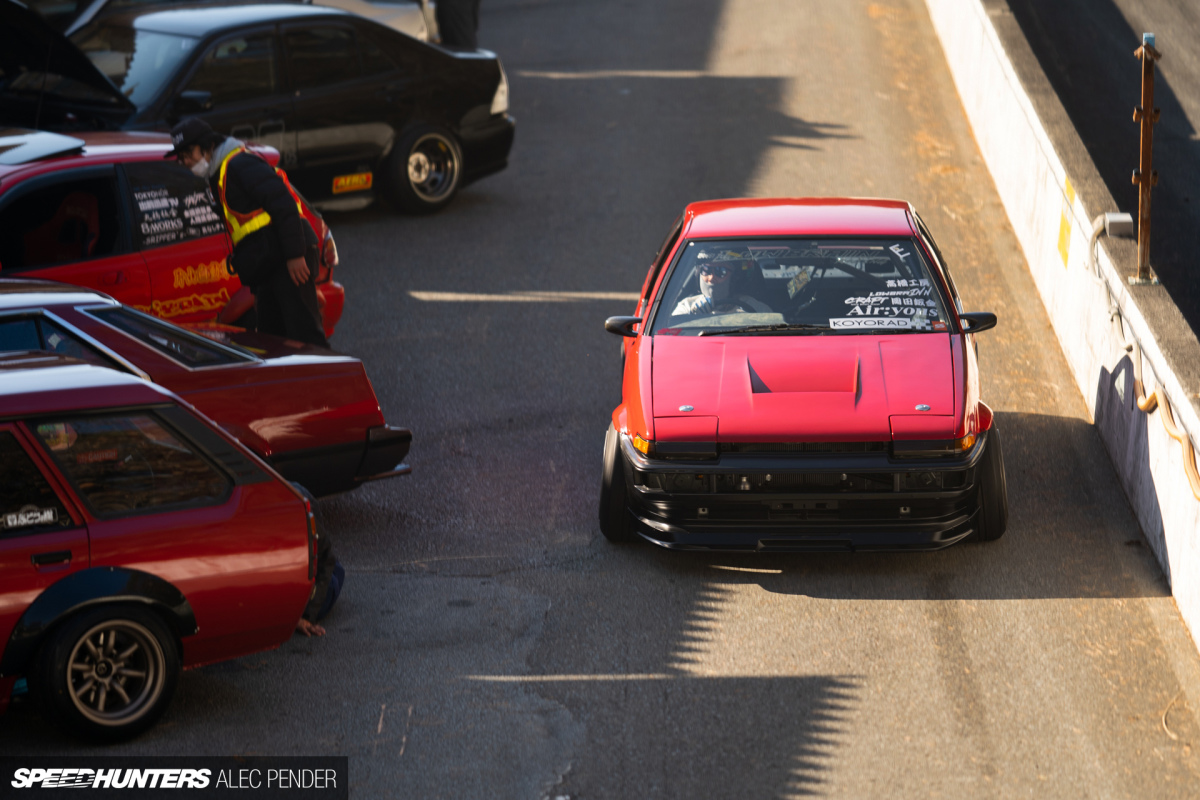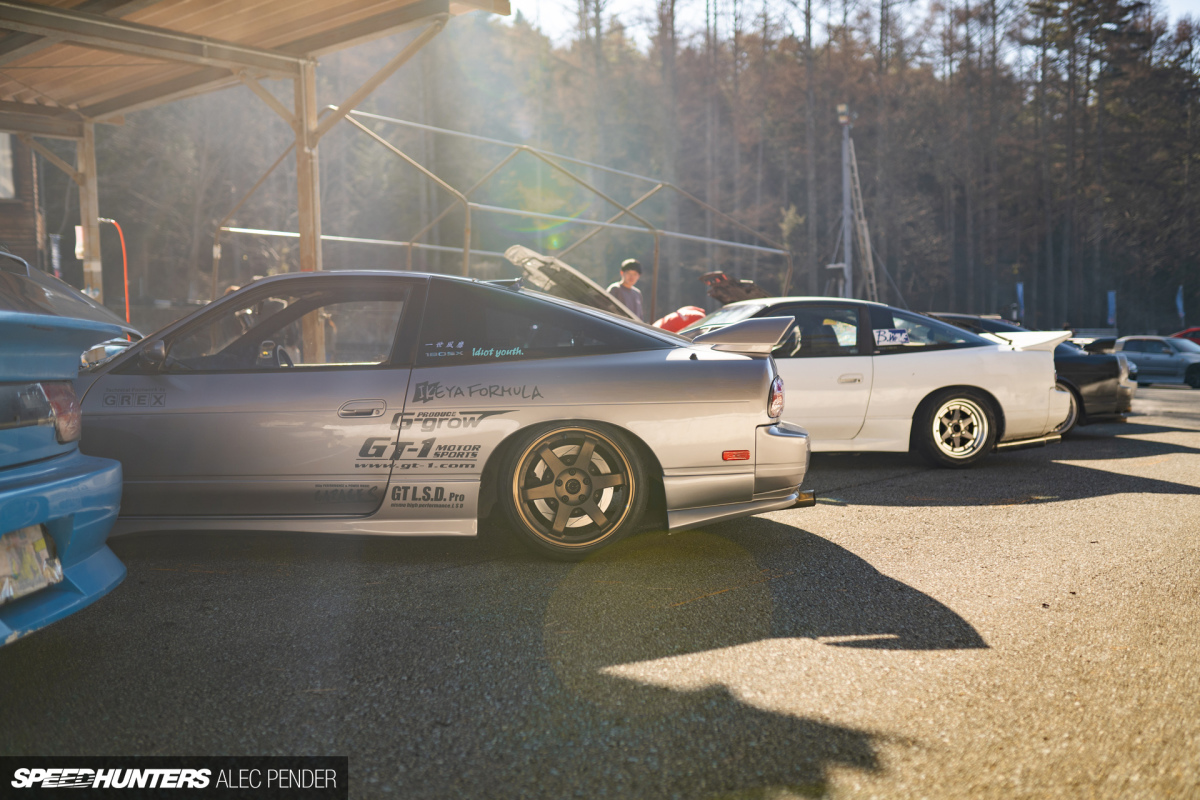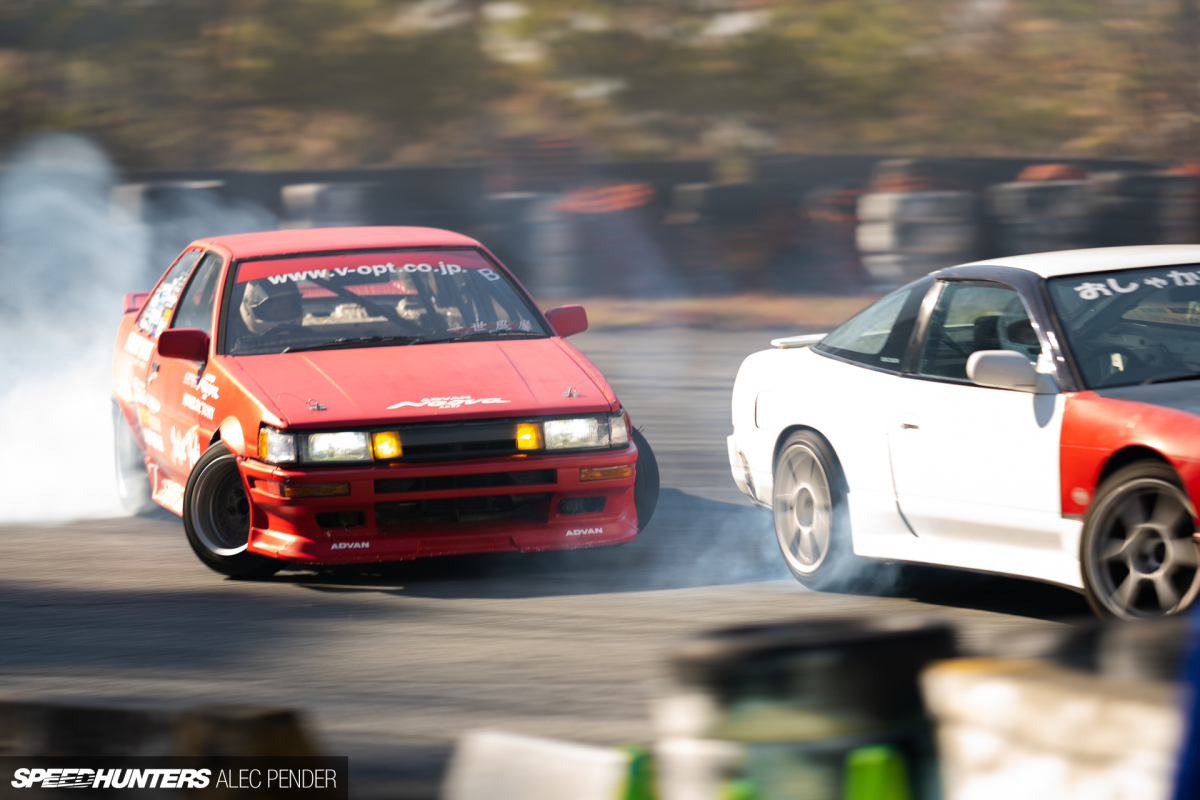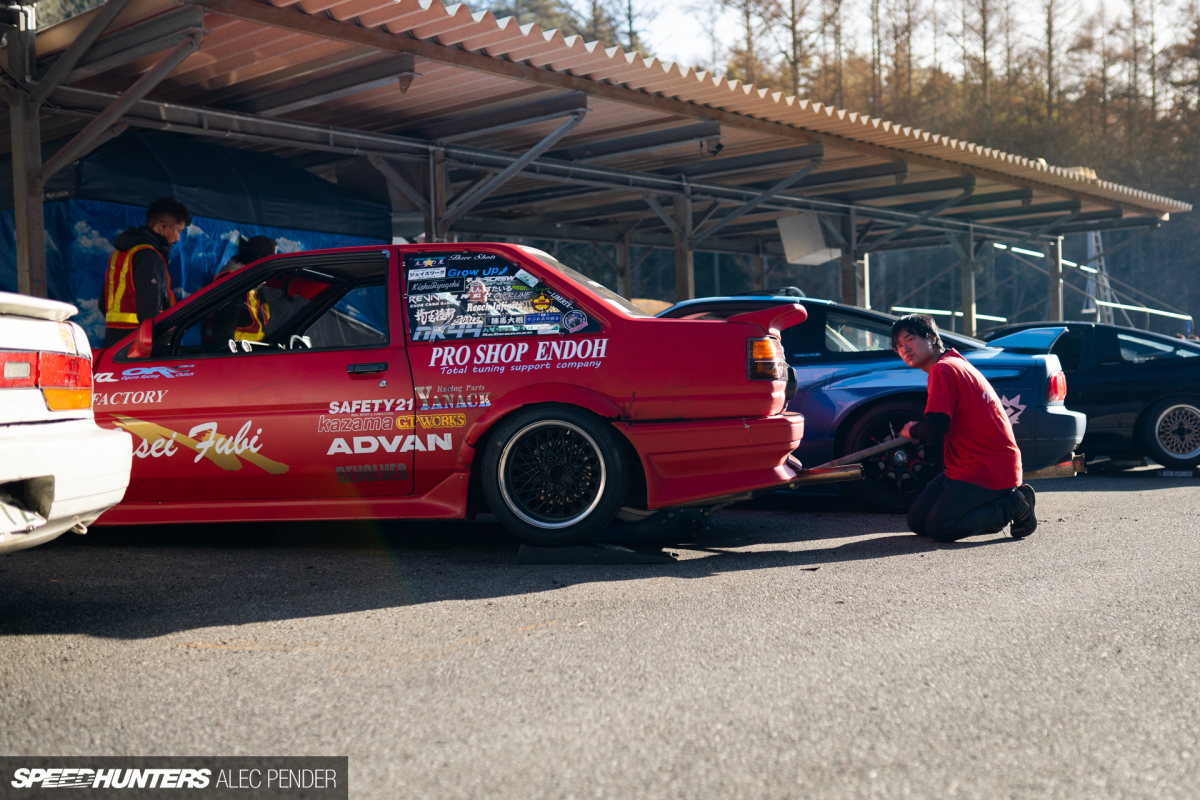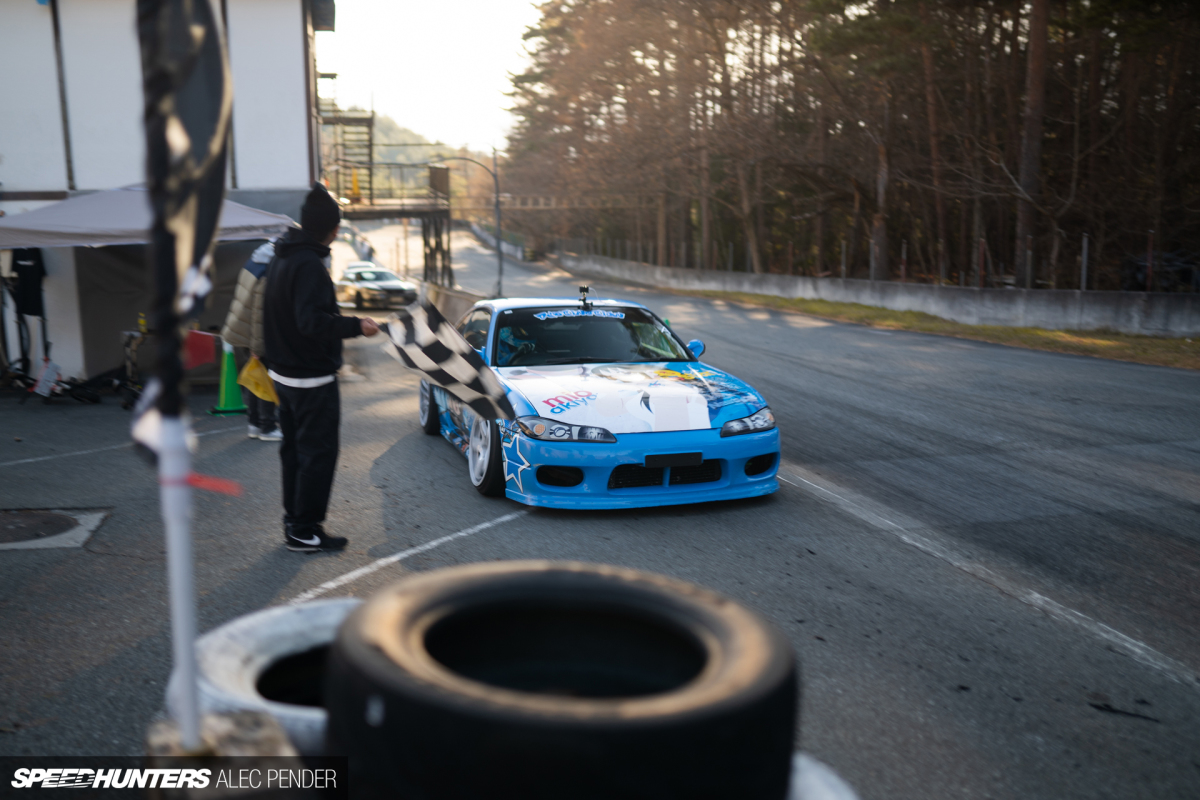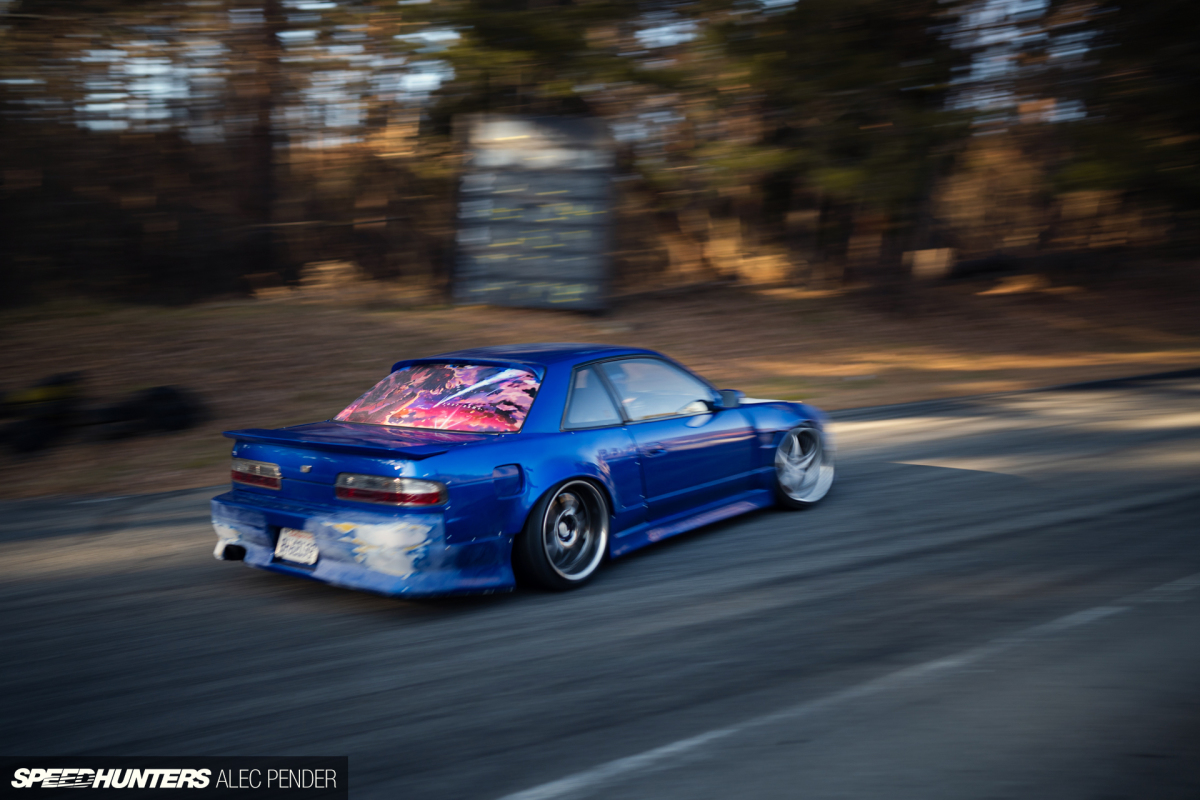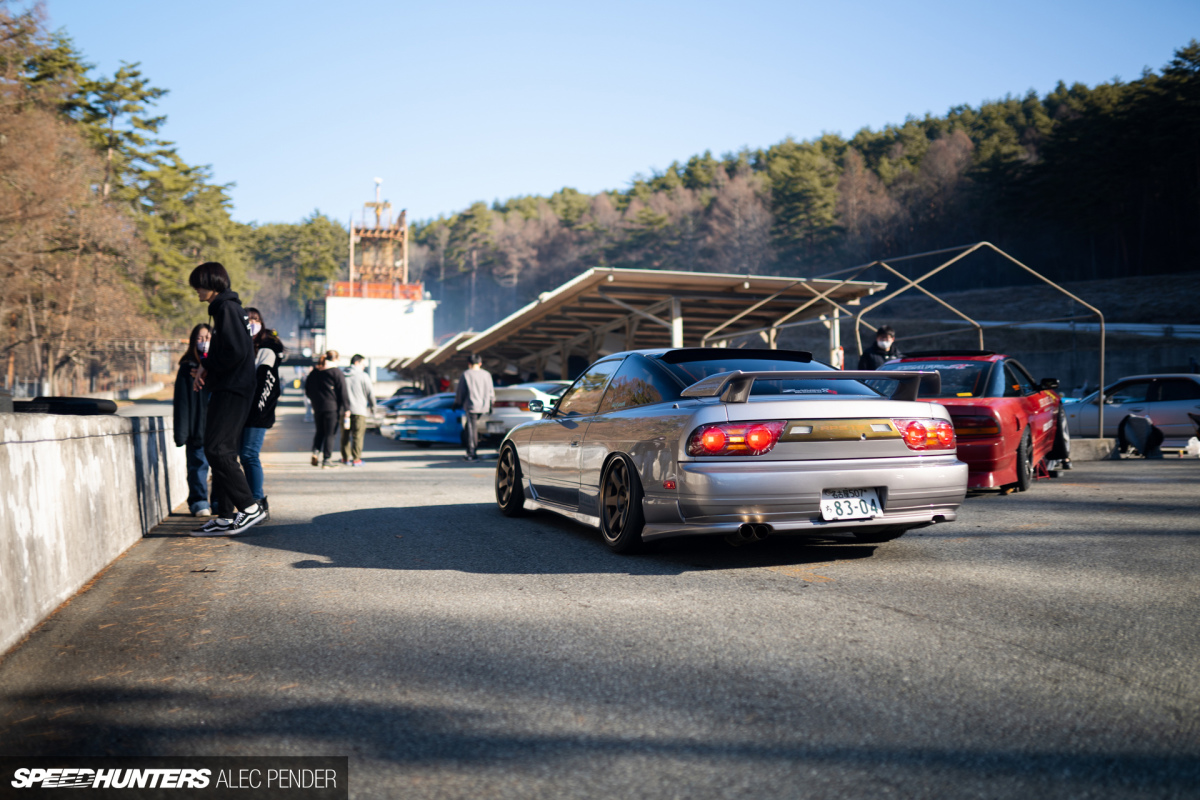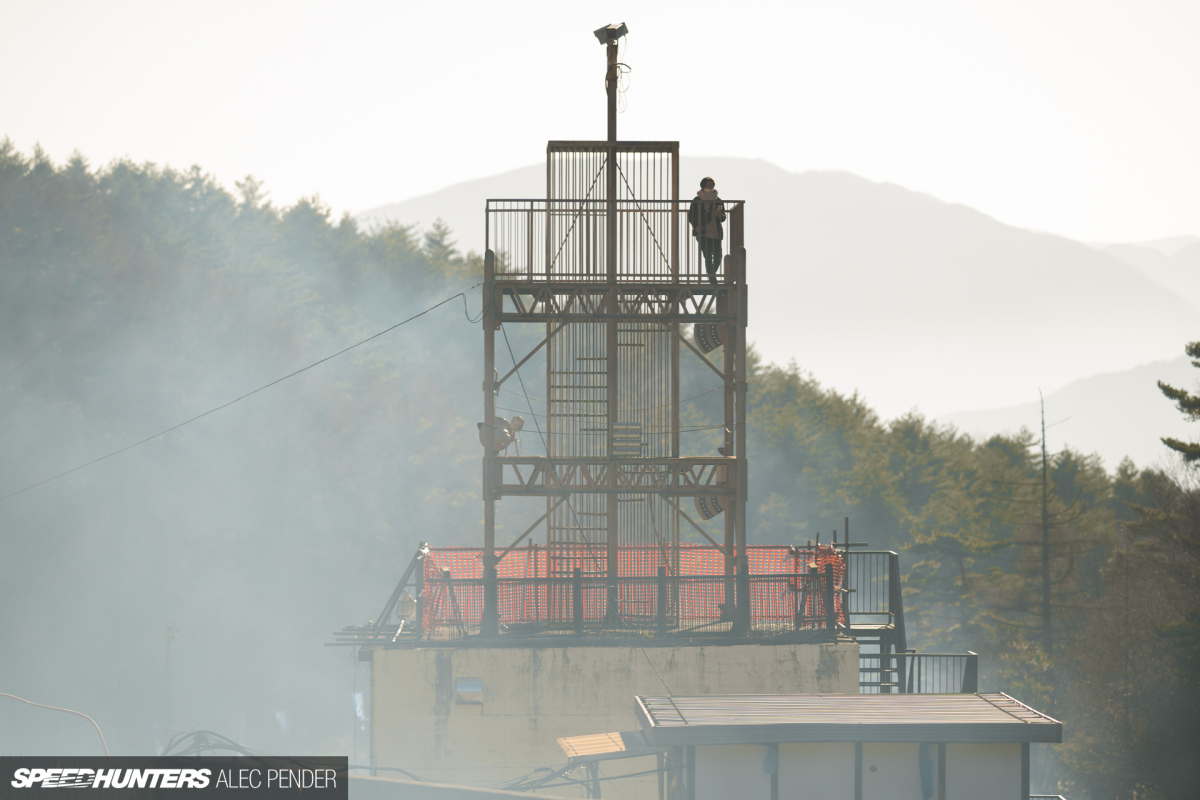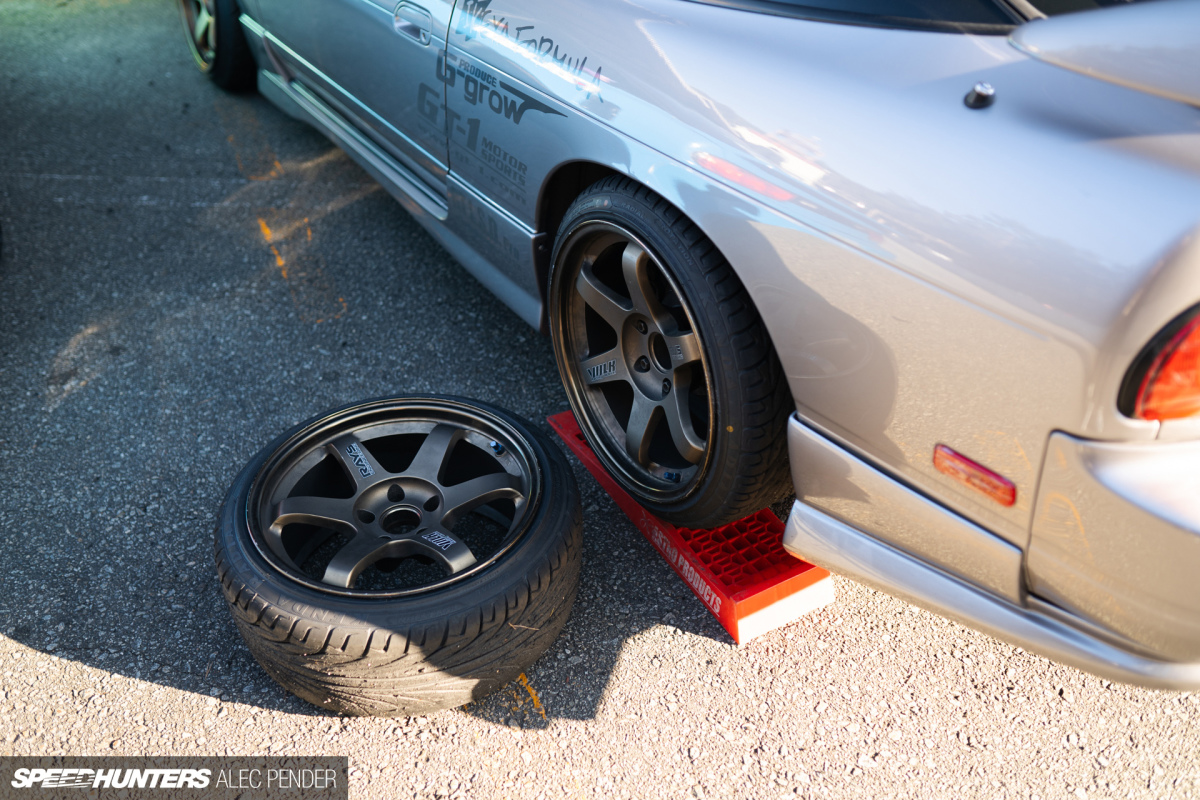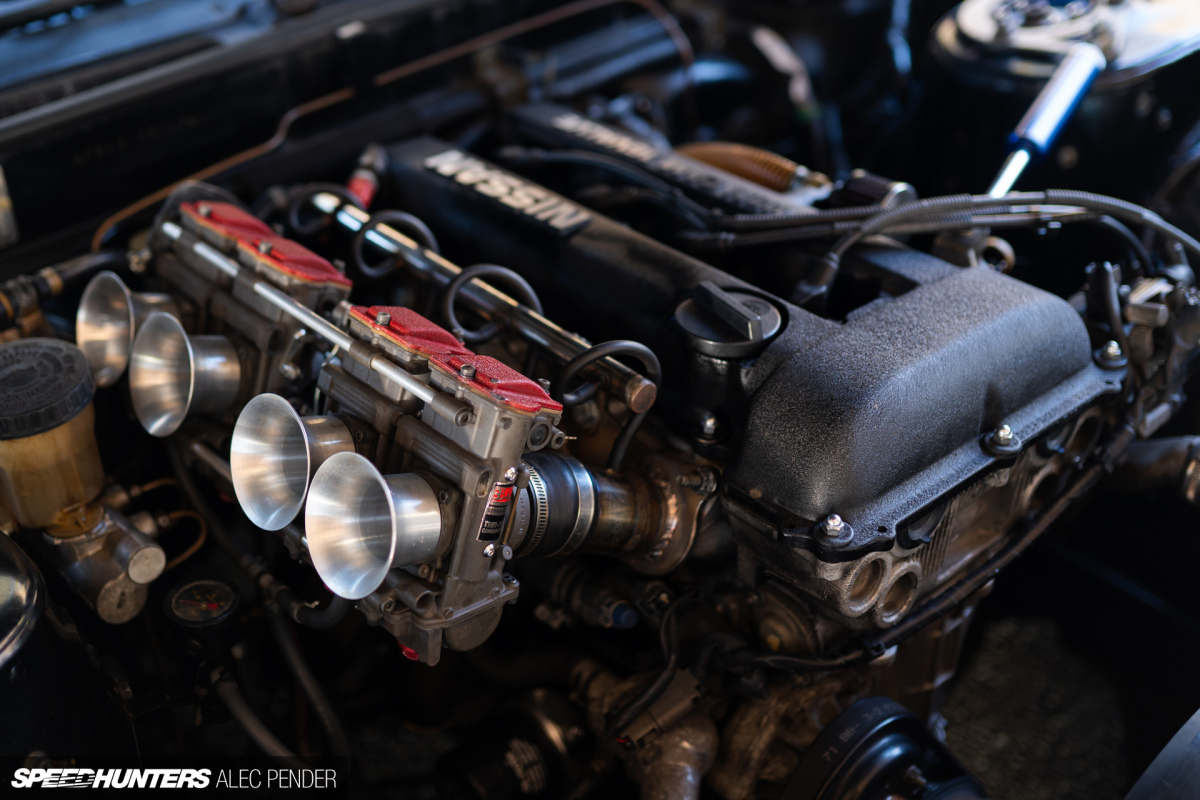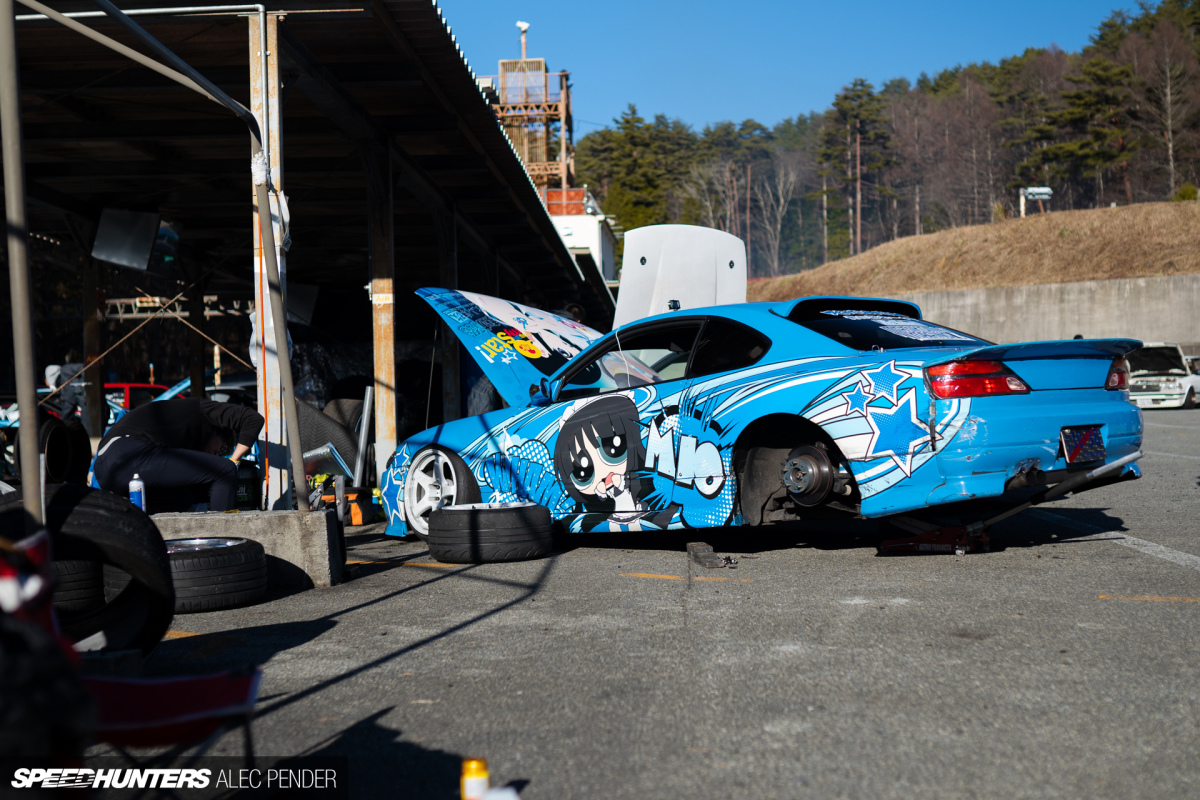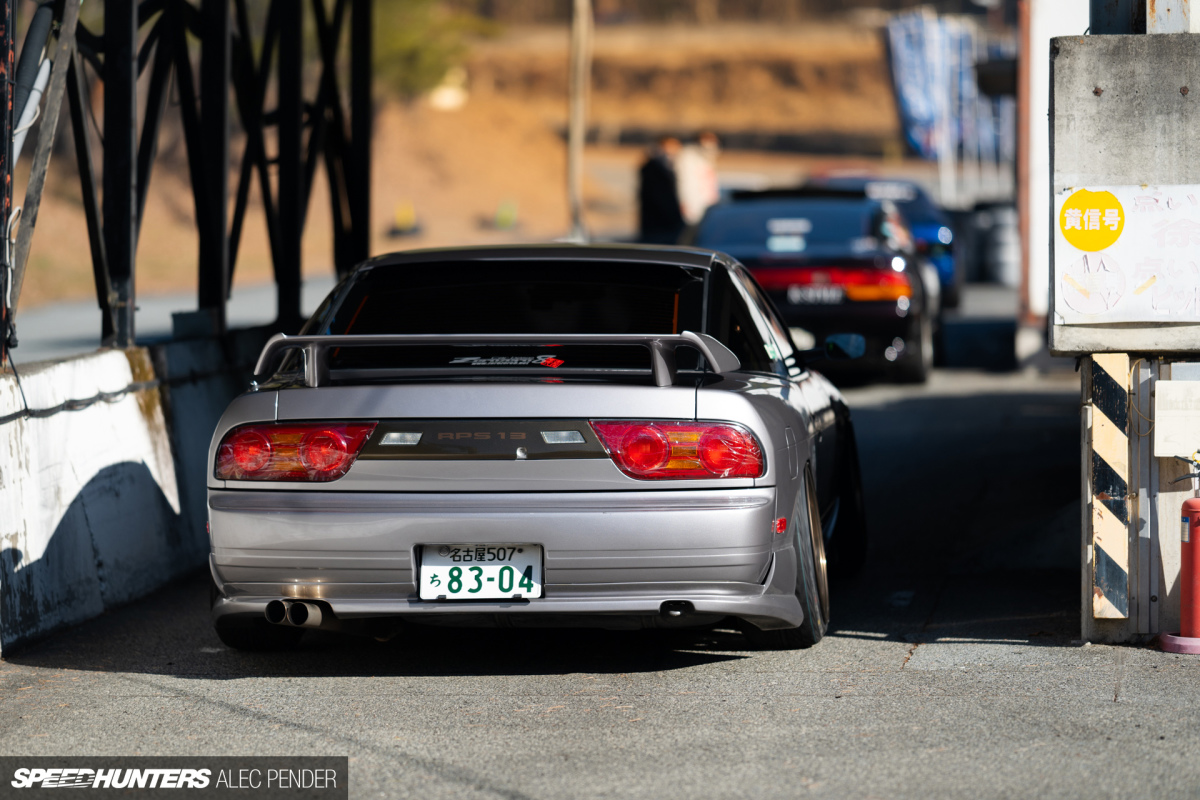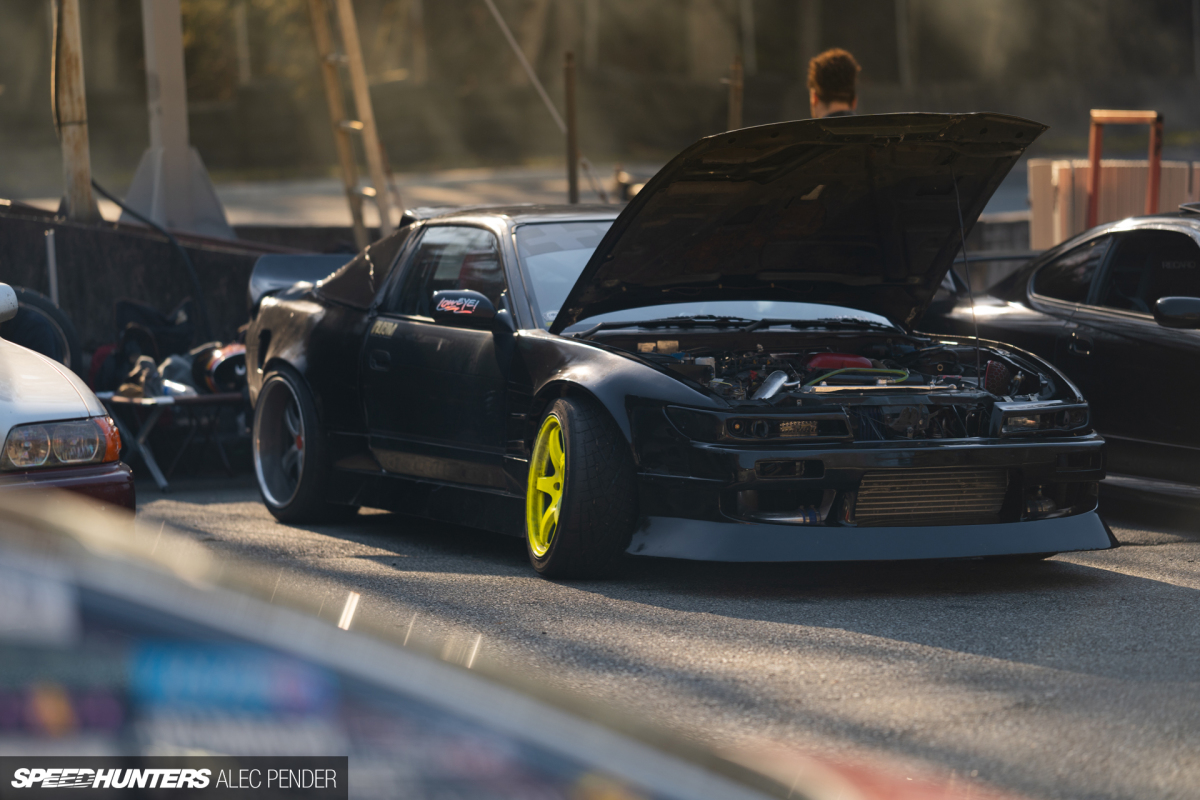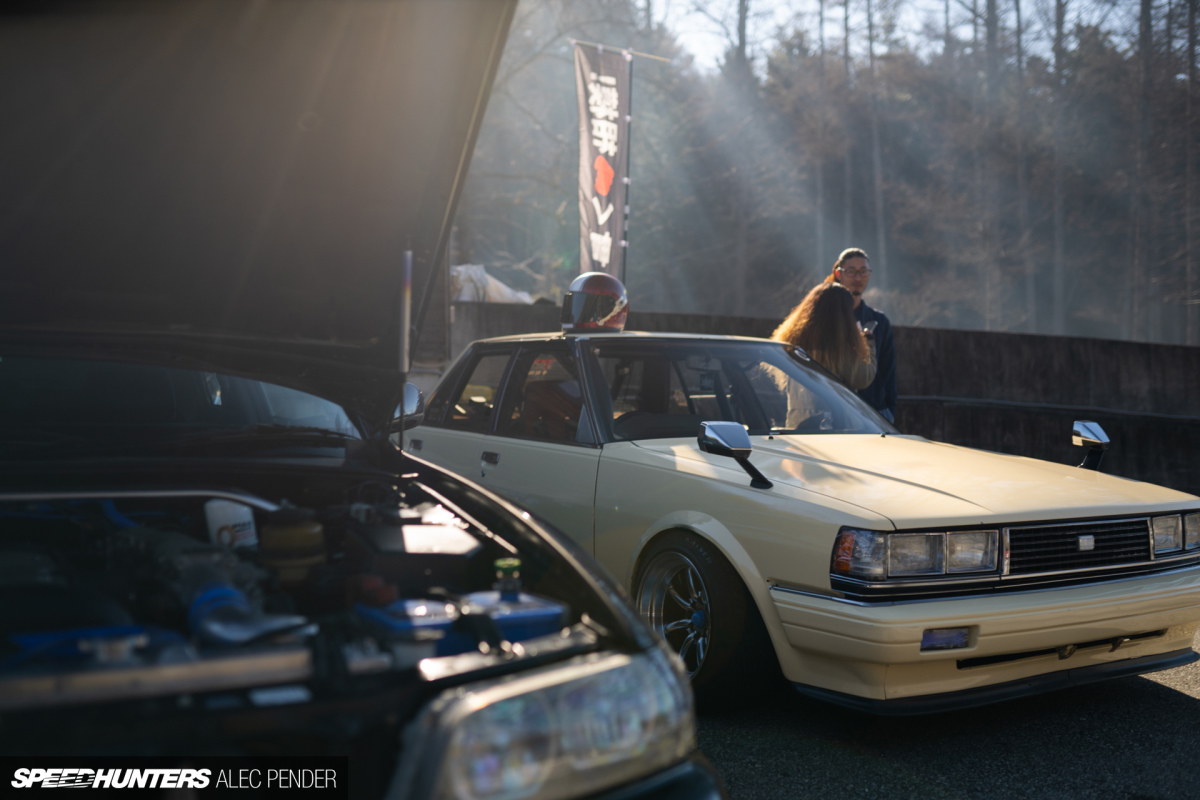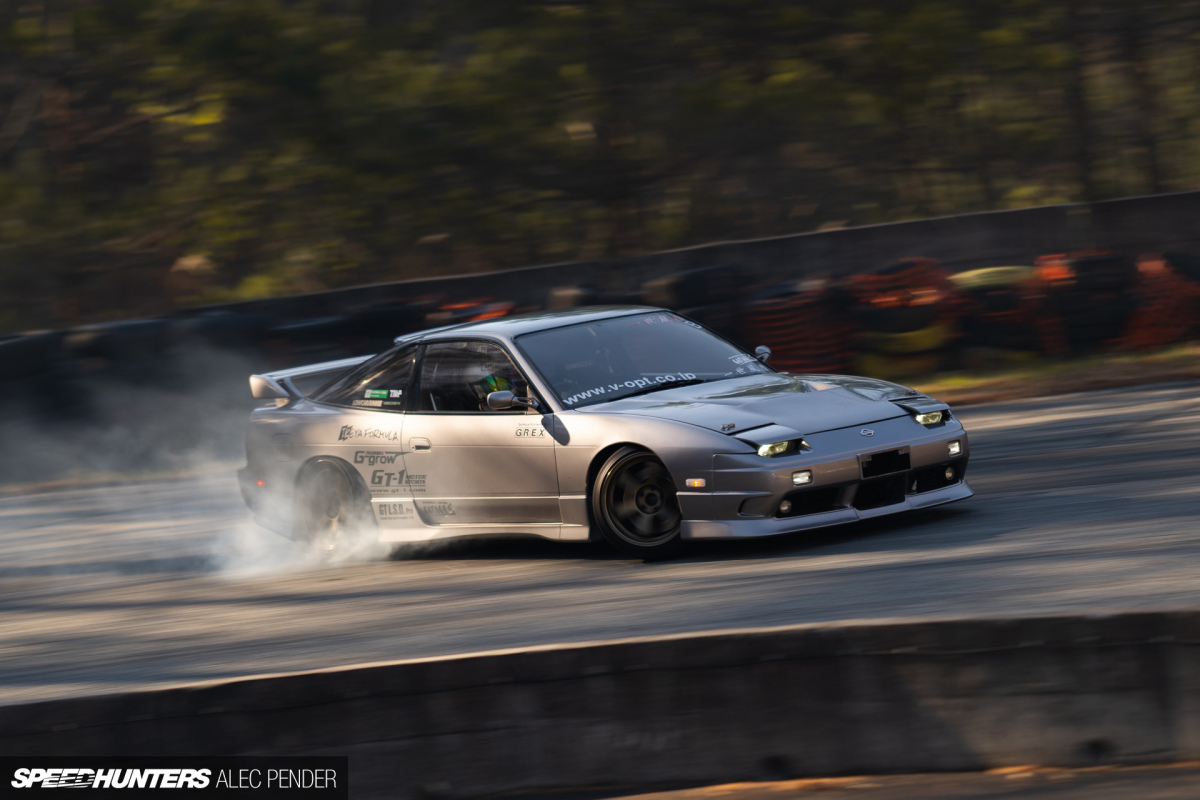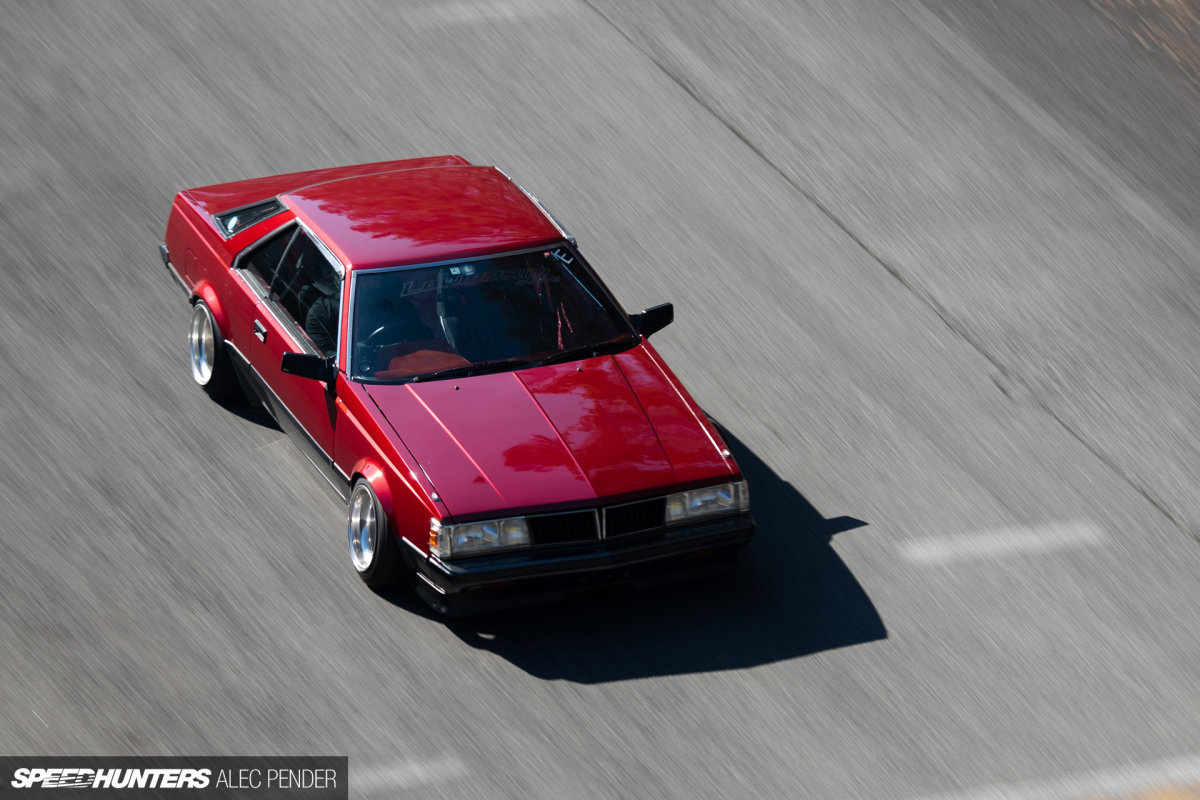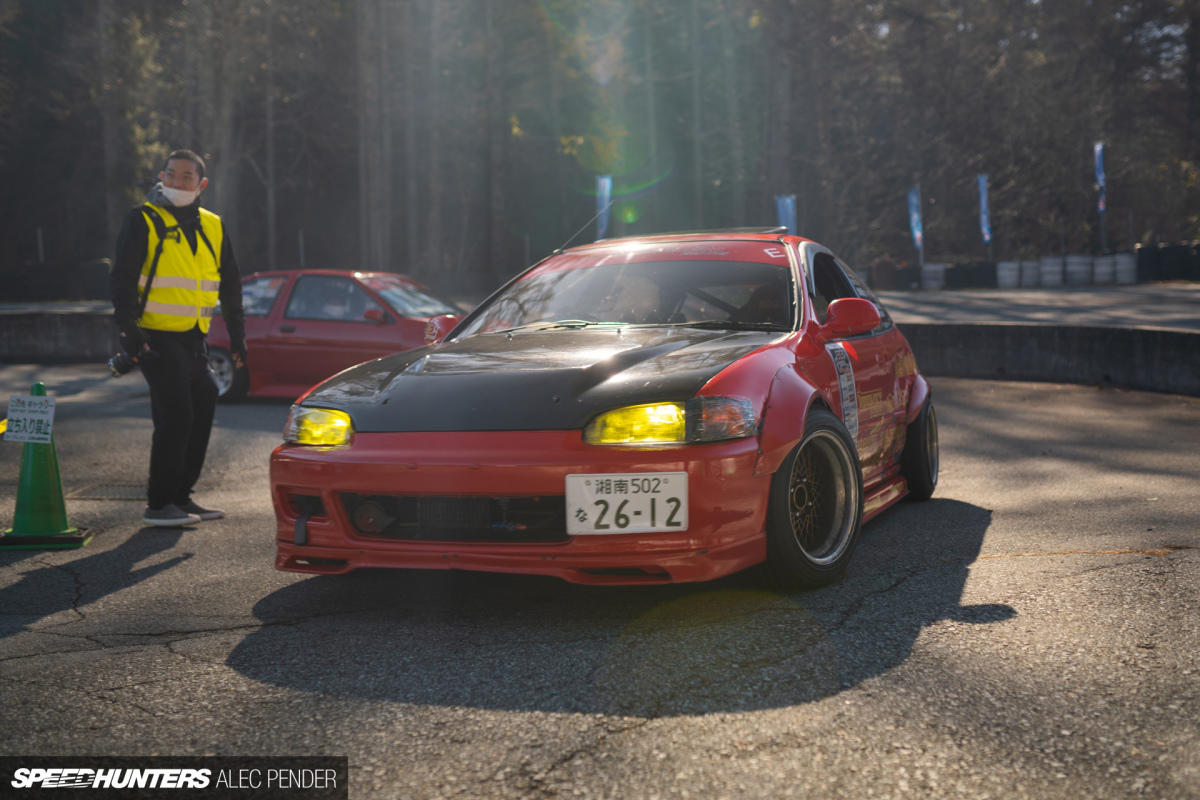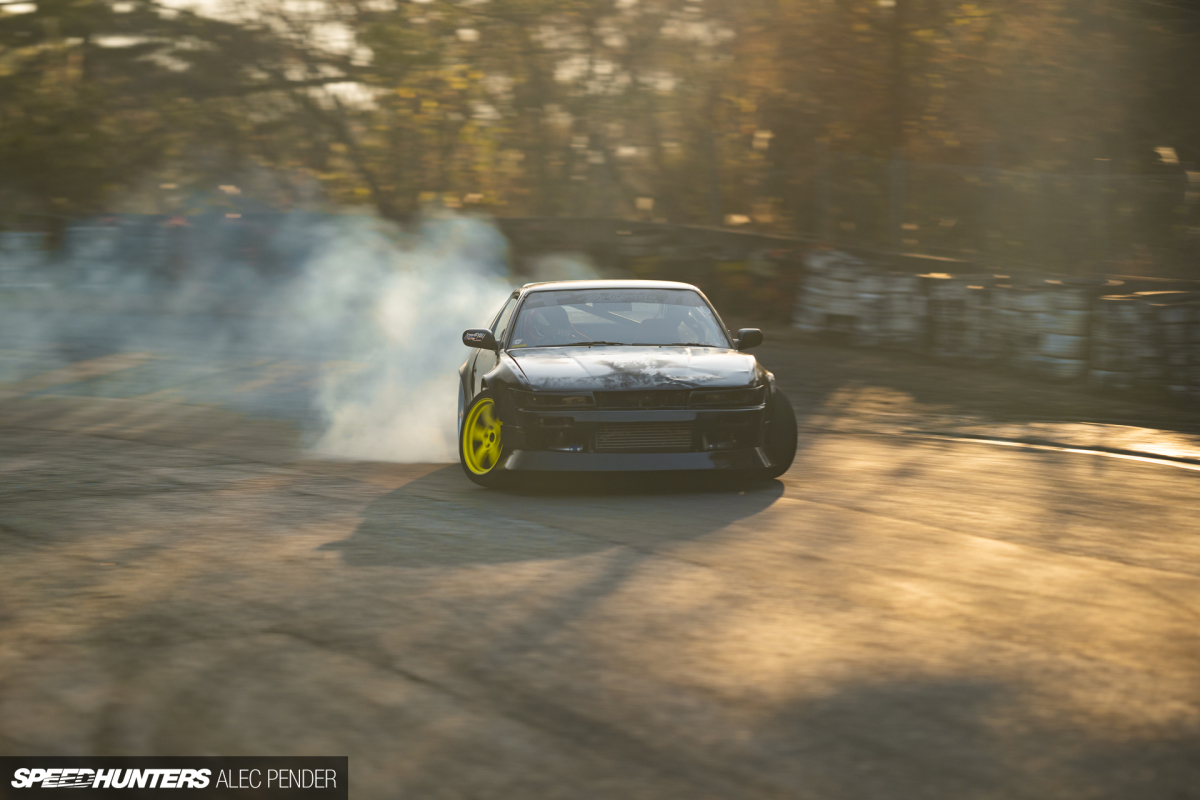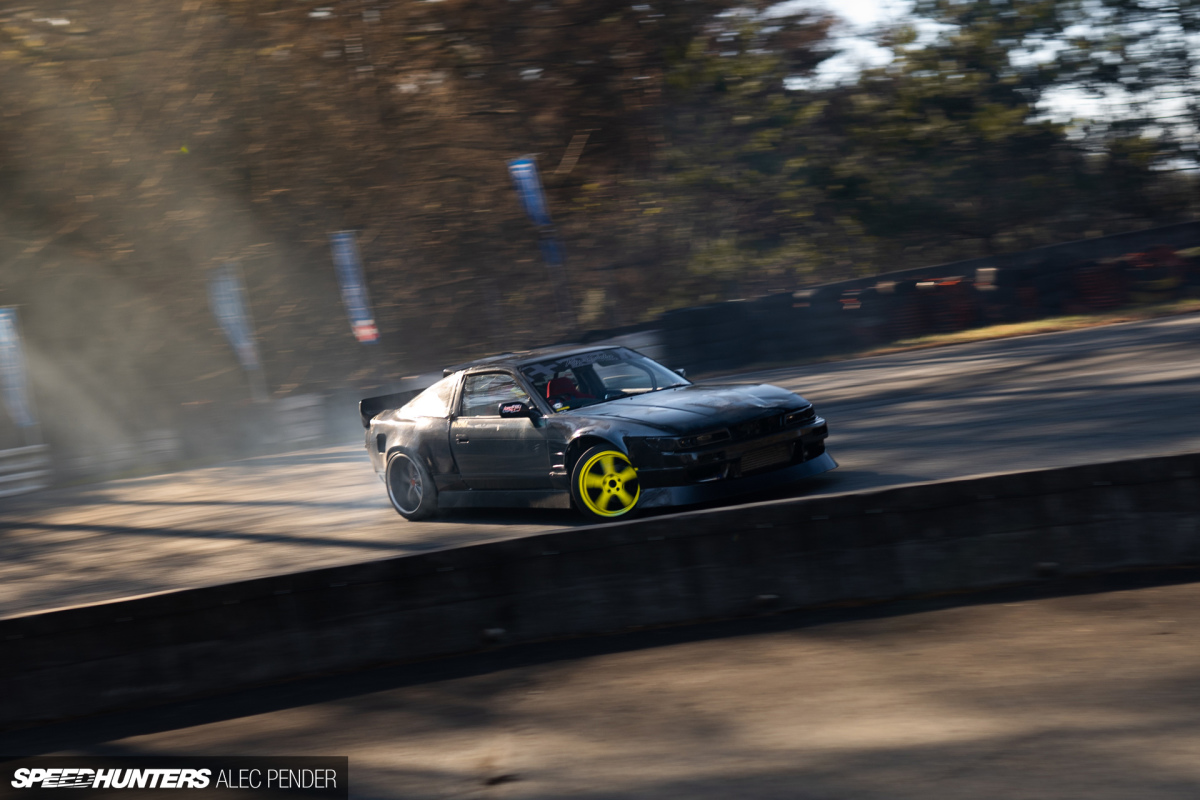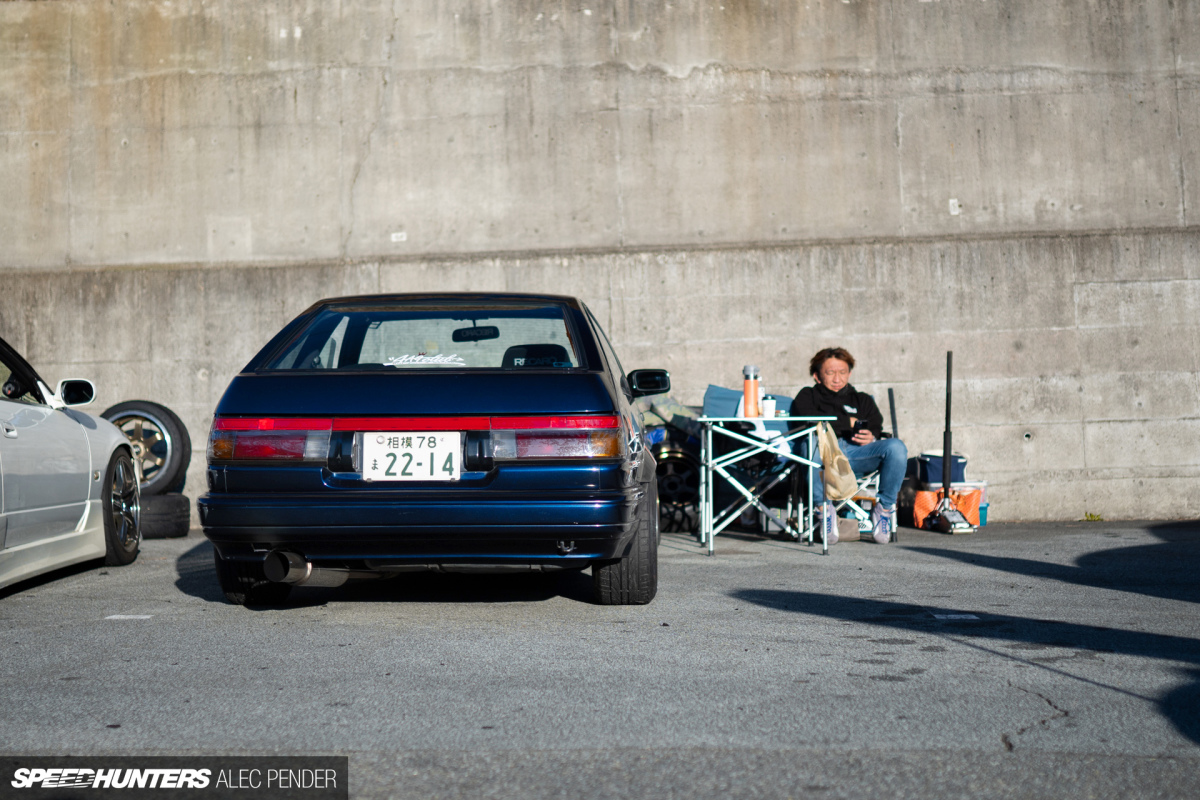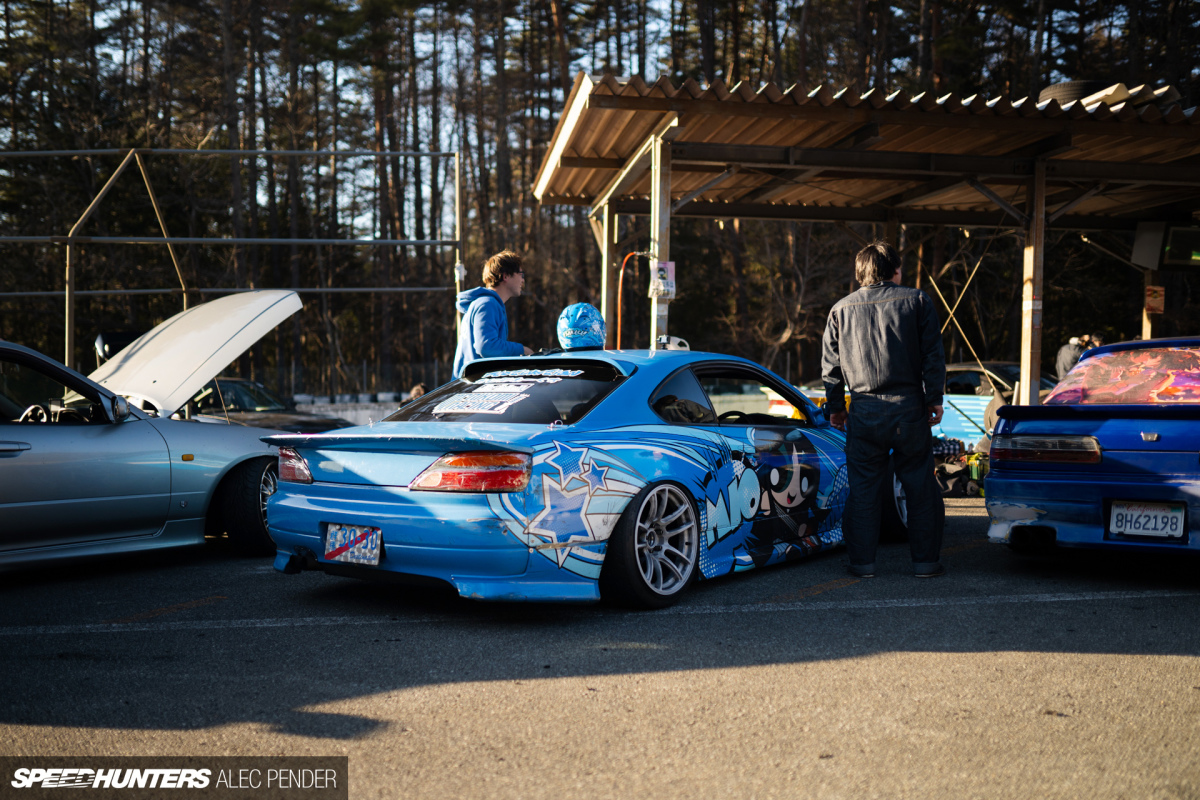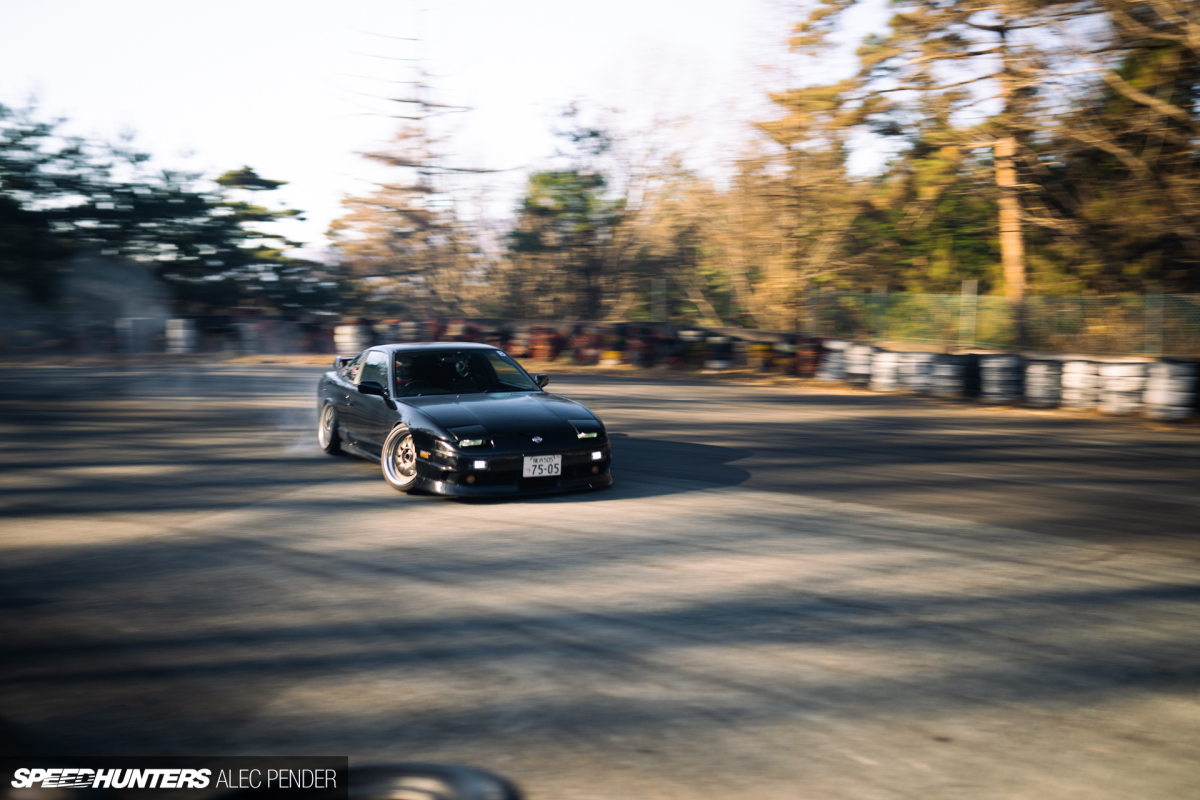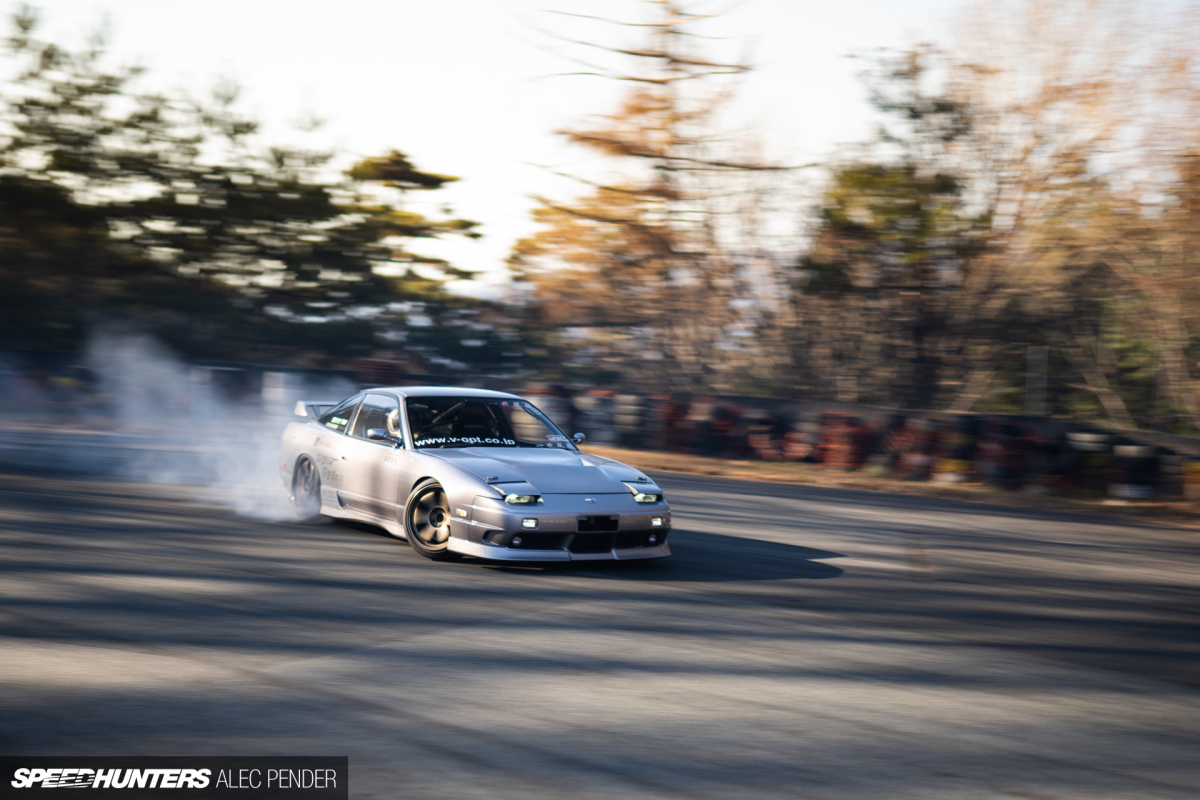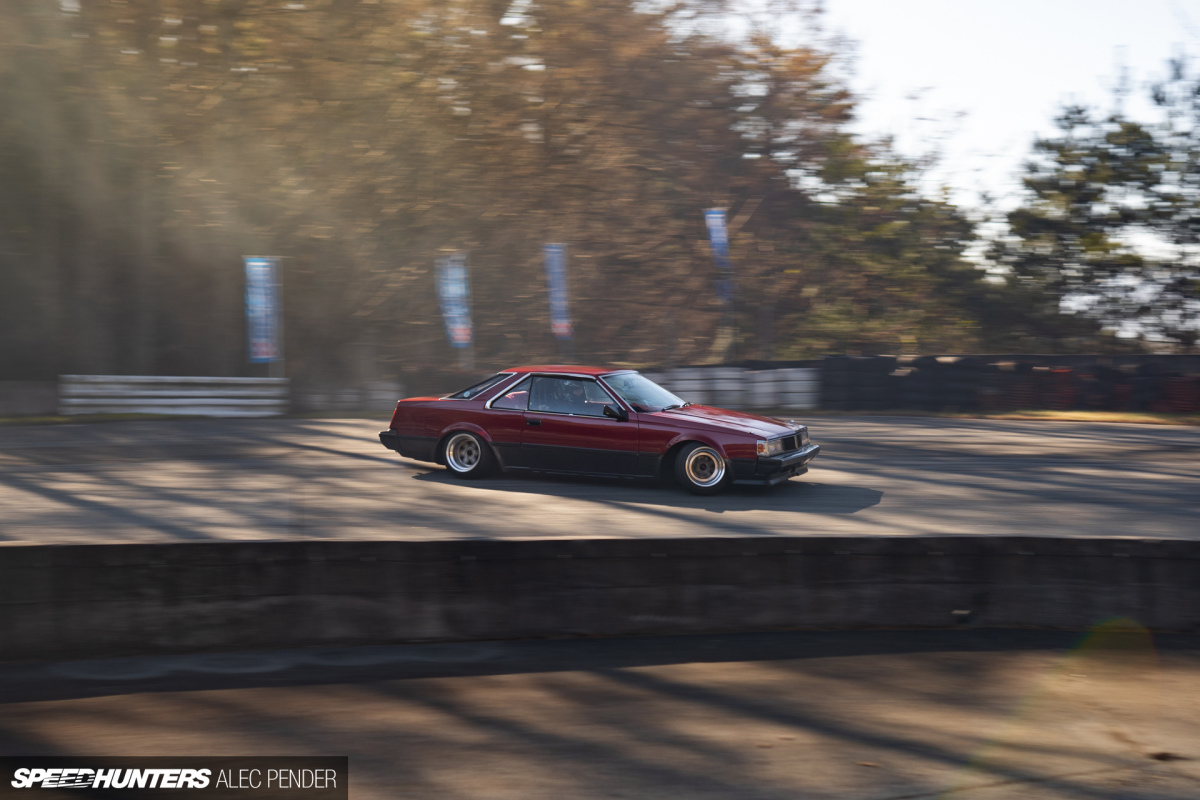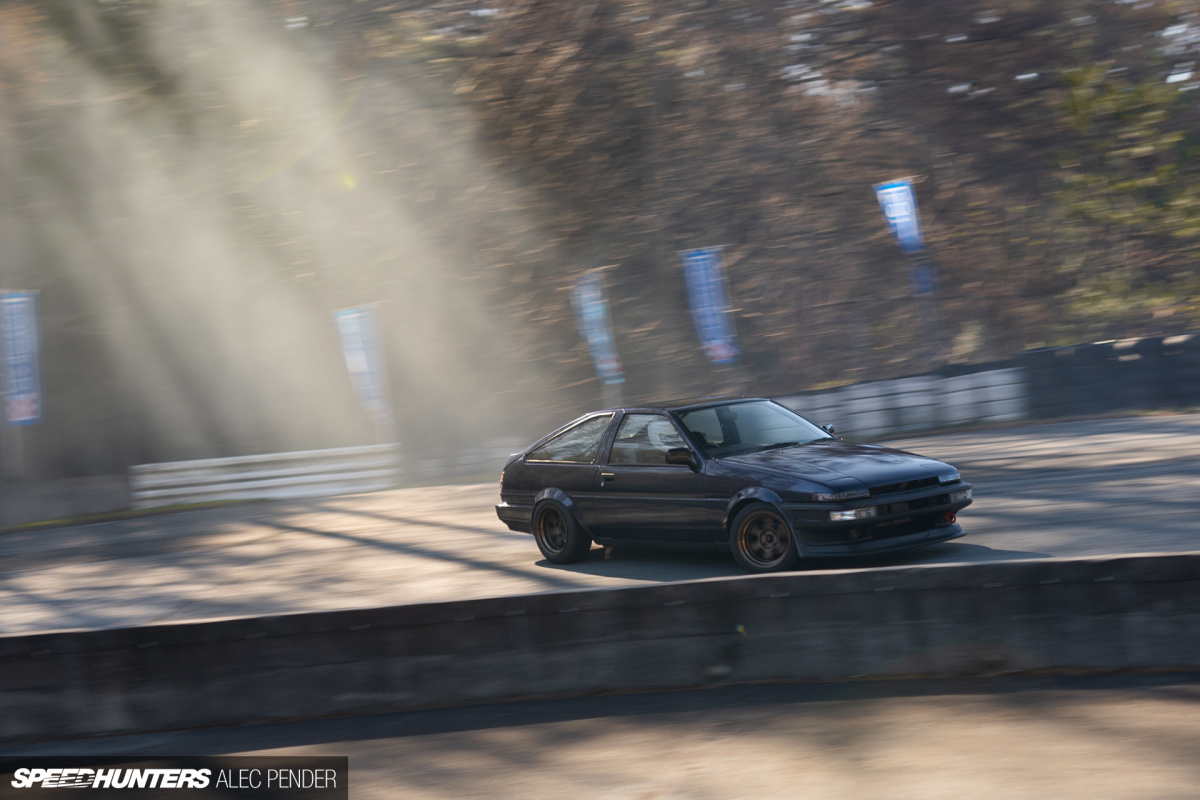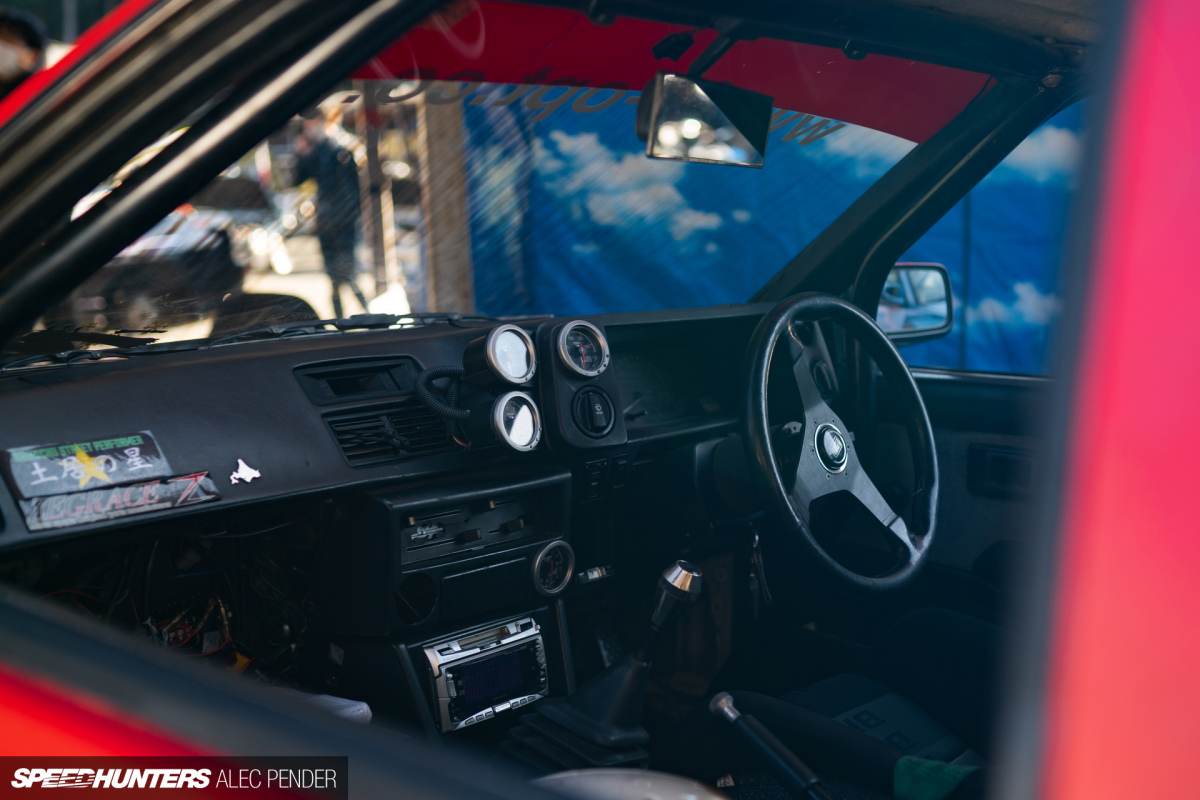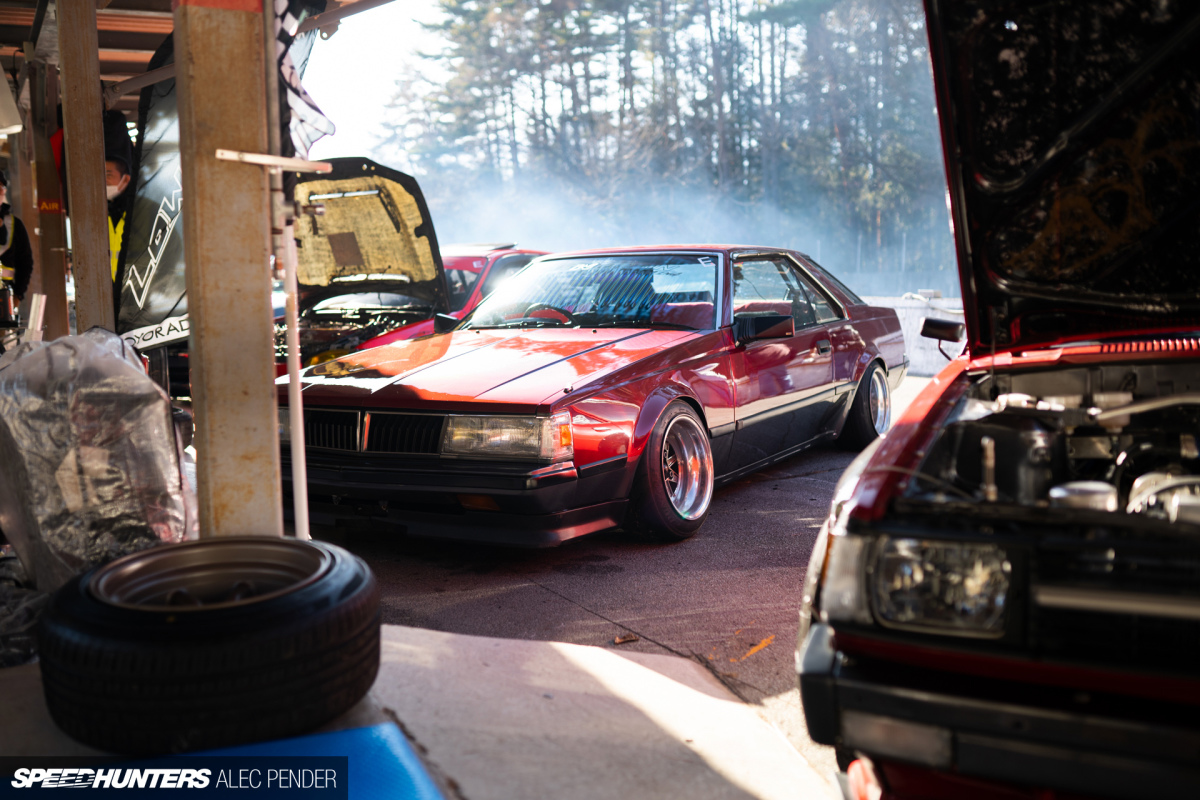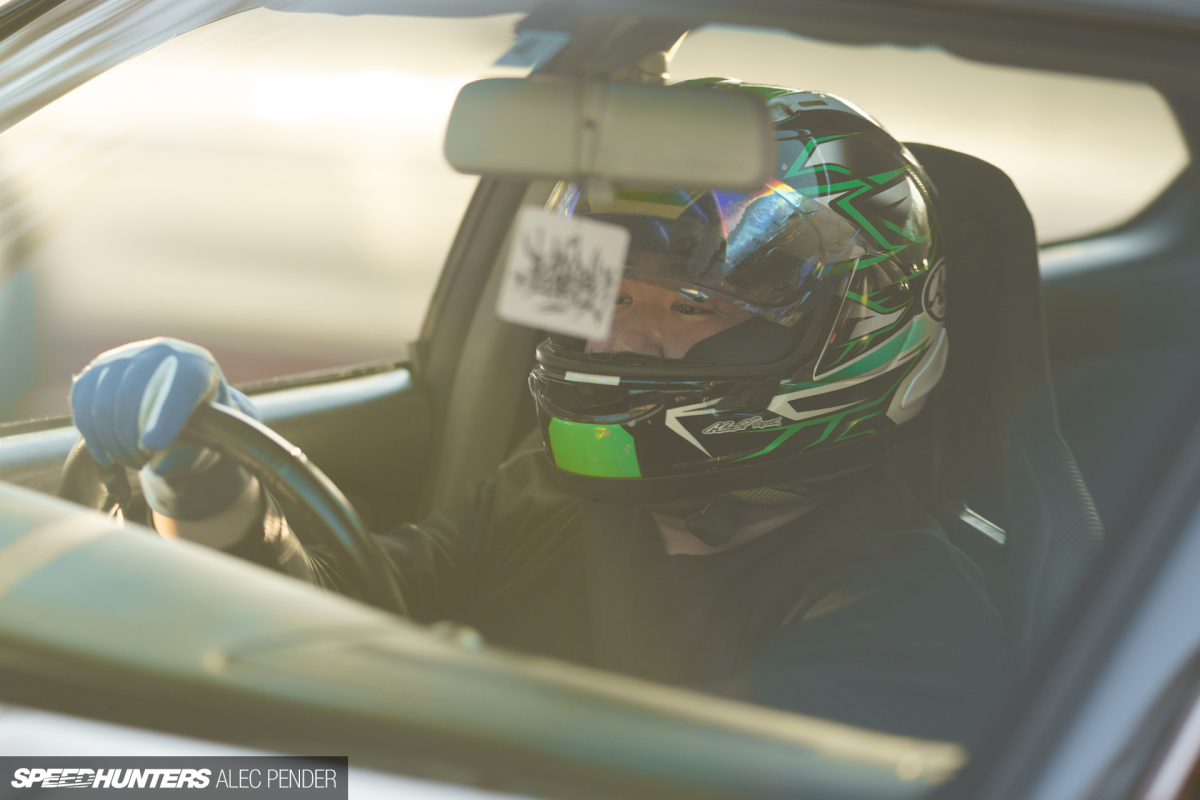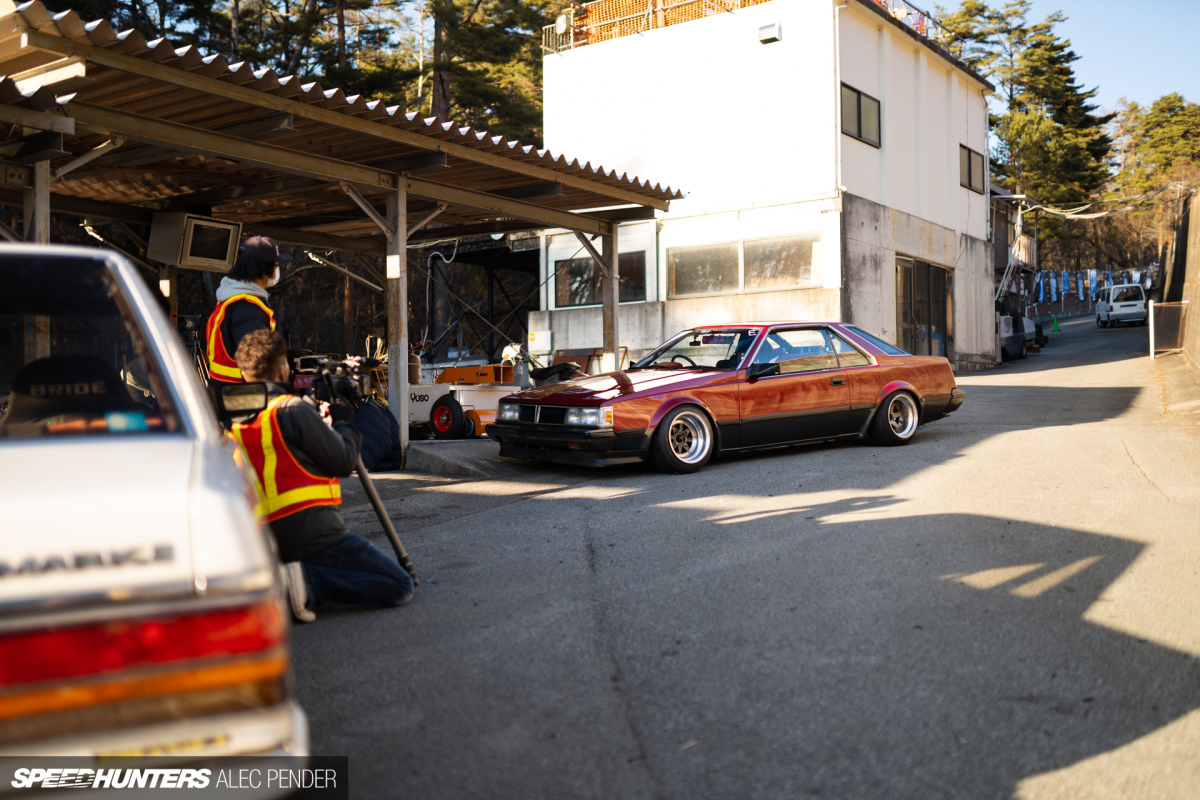In an era of commercialised, big budget drifting, there is little light still shone on grassroots drifting when compared to its prime in the late ’90s and early ’00s.
However, in Japan grassroots drifting is still thriving.
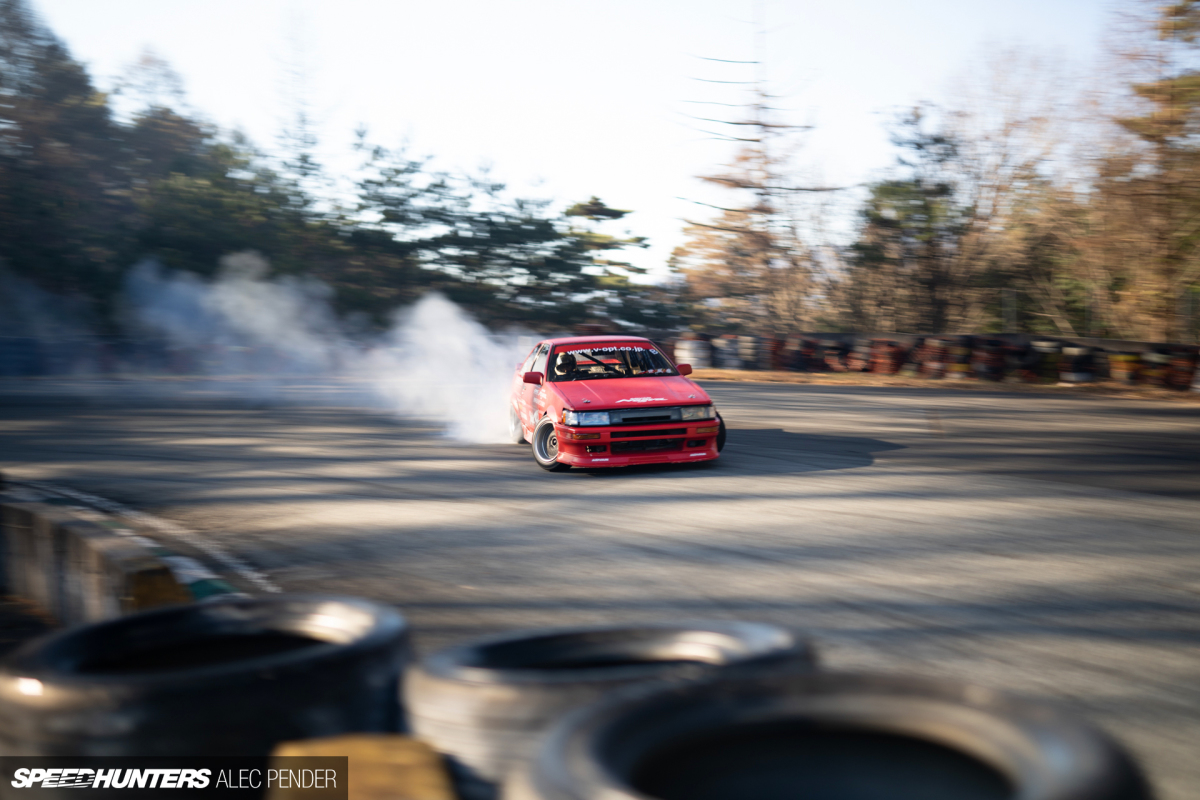
In many countries, access to drift-able tracks is becoming increasingly difficult as circuits close or outlaw drifting, driving up the cost and regularity of events. In Japan, it’s a little different. Many tracks continue to operate without hindrance, including a very special circuit amongst the hills of Nirasaki – Sportsland Yamanashi (SLY).
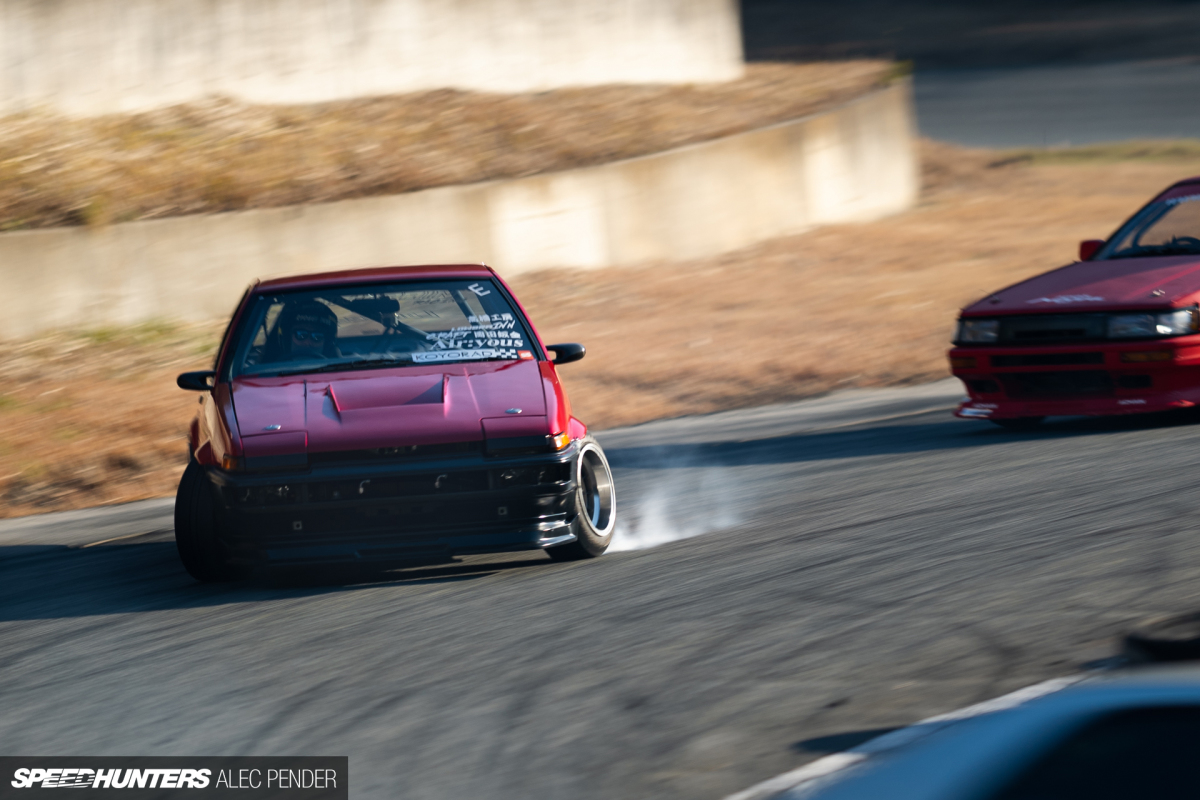
With its perfect elevation changes and flowing corners, SLY is considered a pillar of Japanese grassroots drifting. Whilst the track’s roots are in motorcycle racing and practice days, SLY’s ideal layout guarantees its use for drifting on pretty much a weekly basis.
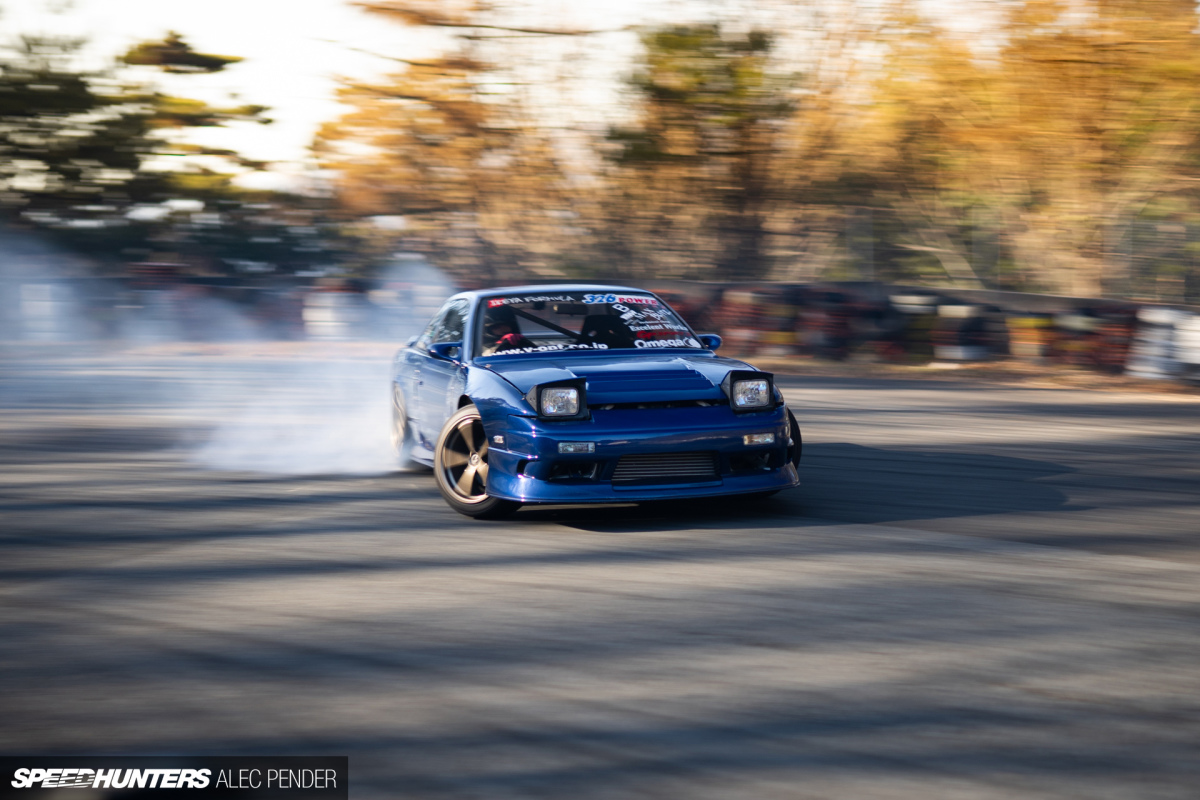
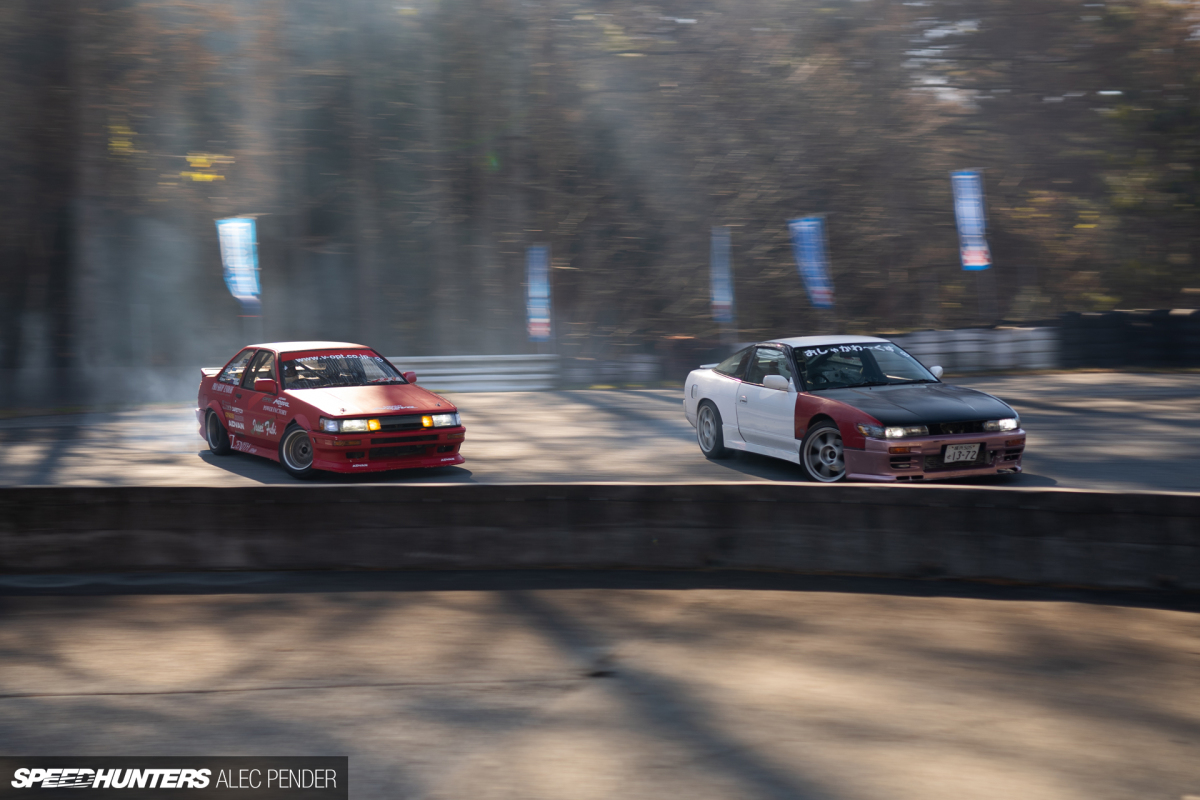
It’s important to note why grassroots is so important to drifting culture worldwide. Simply, without grassroots drifting there would be no evolution of the sport into pro-level competition.
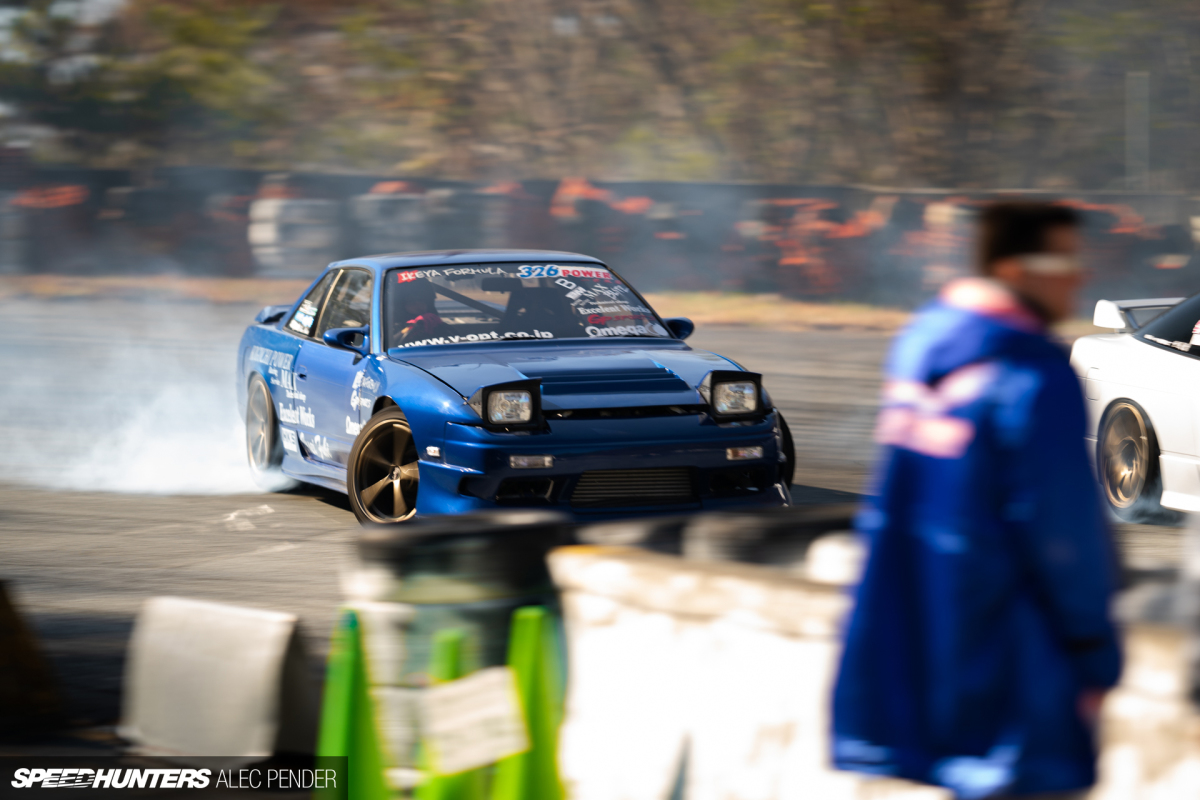
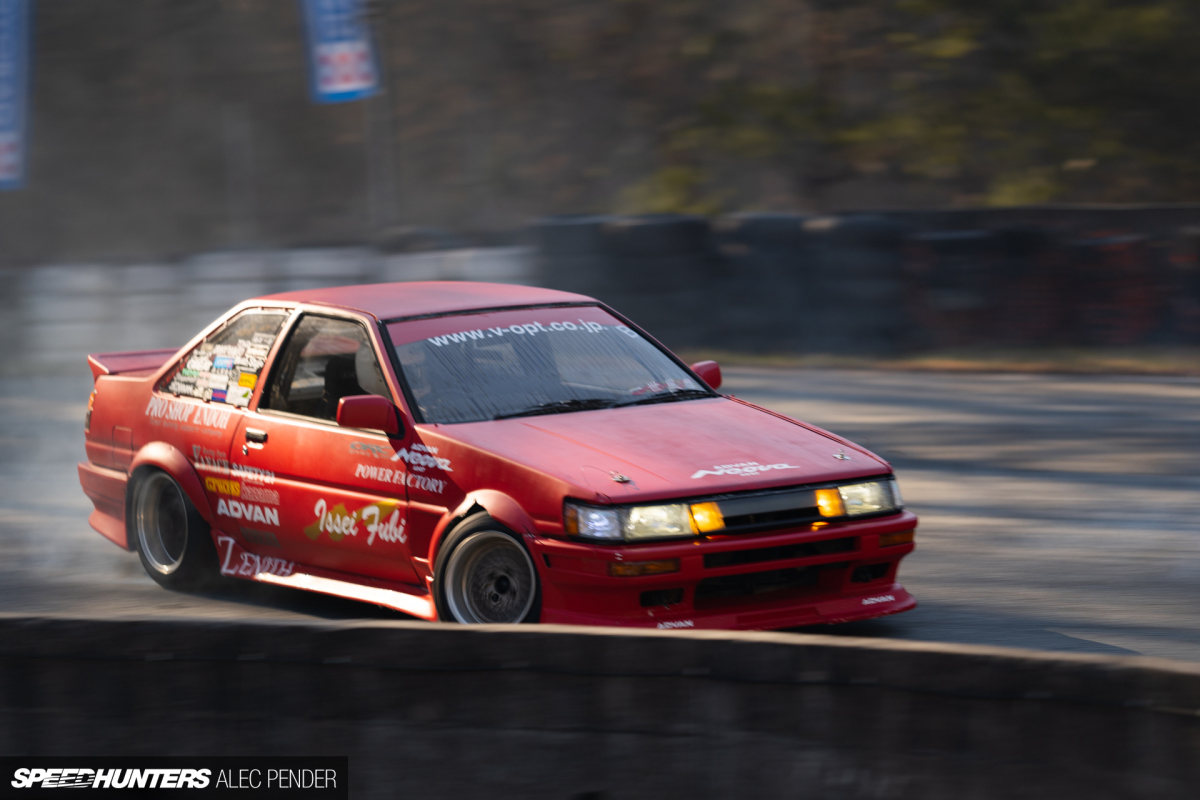
Grassroots is where the culture is formed. However, it could be argued that without one, the other would struggle to exist. Pro-level driving brings in an audience that wouldn’t otherwise be interested in drifting, sparking the flame for younger generations to keep grassroots alive. It’s a lifecycle that Japan has seemingly nailed.
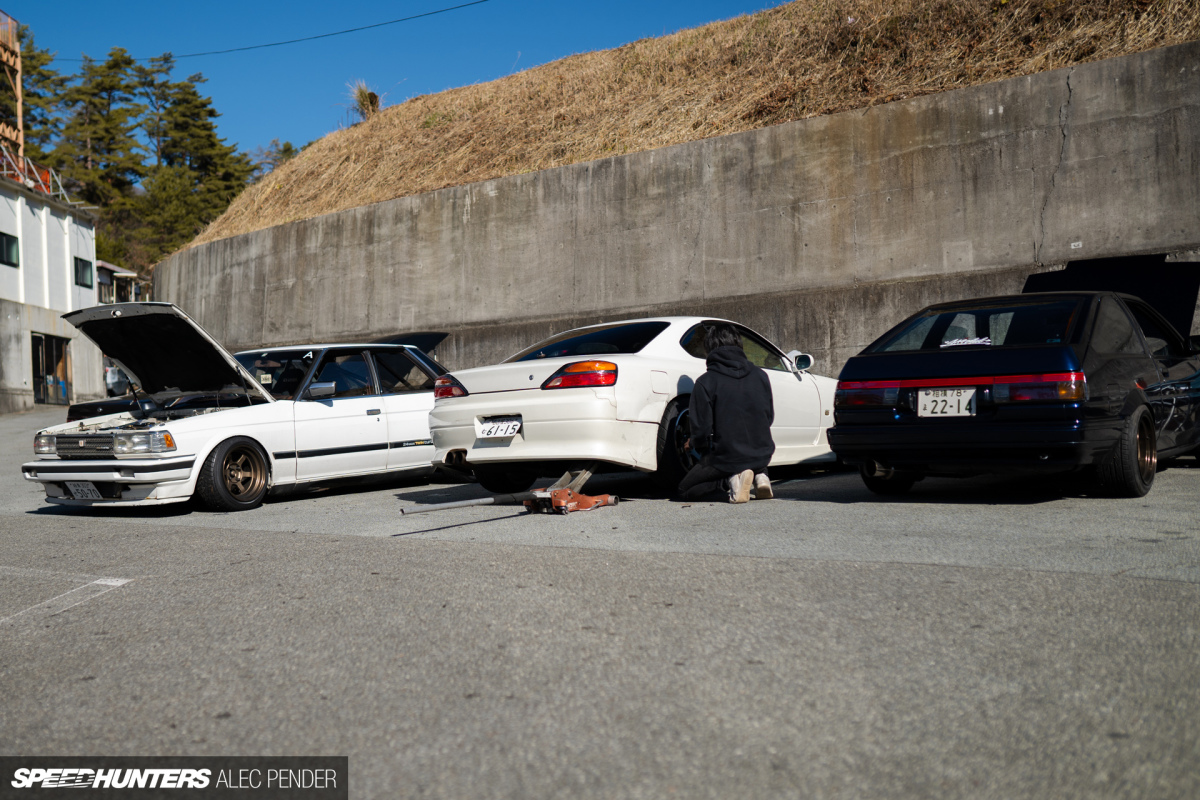
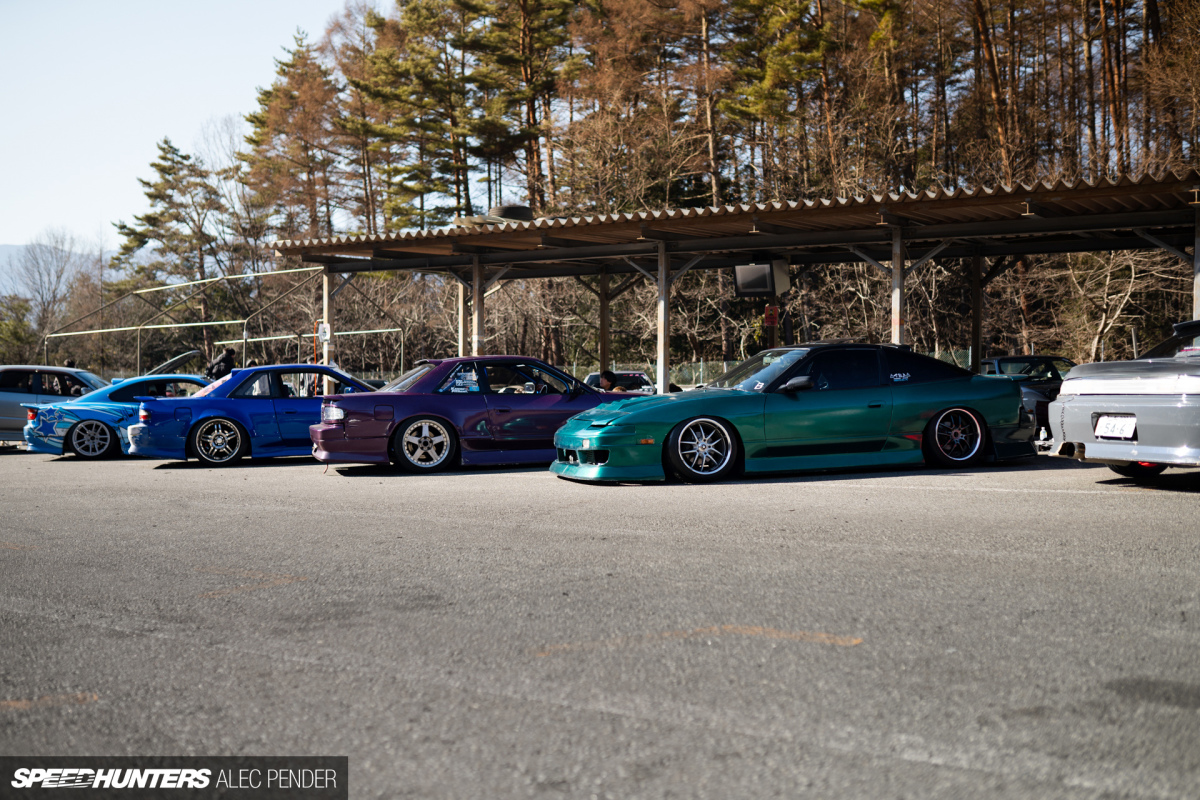
Not being bound to a grandstand or pit area, and being able to get up close to the action makes grassroots drift events feel much more involved. It also makes them a lot more fun to shoot.
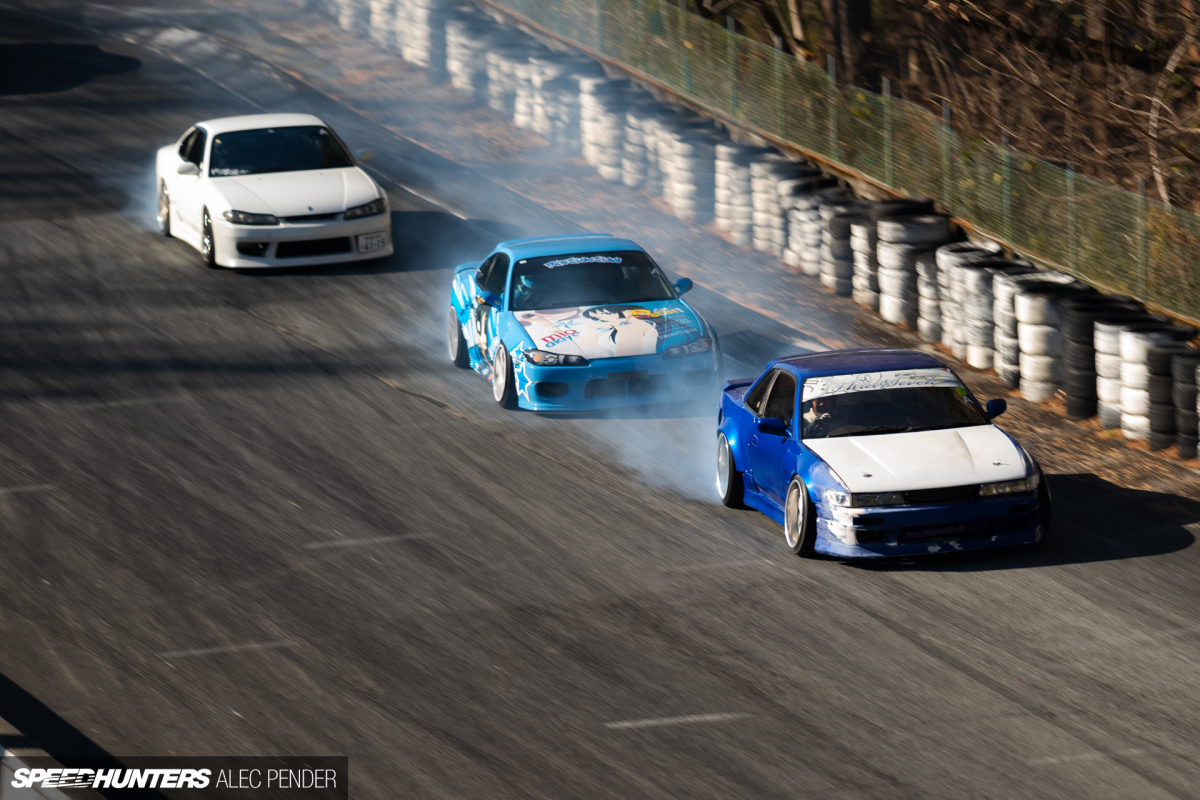
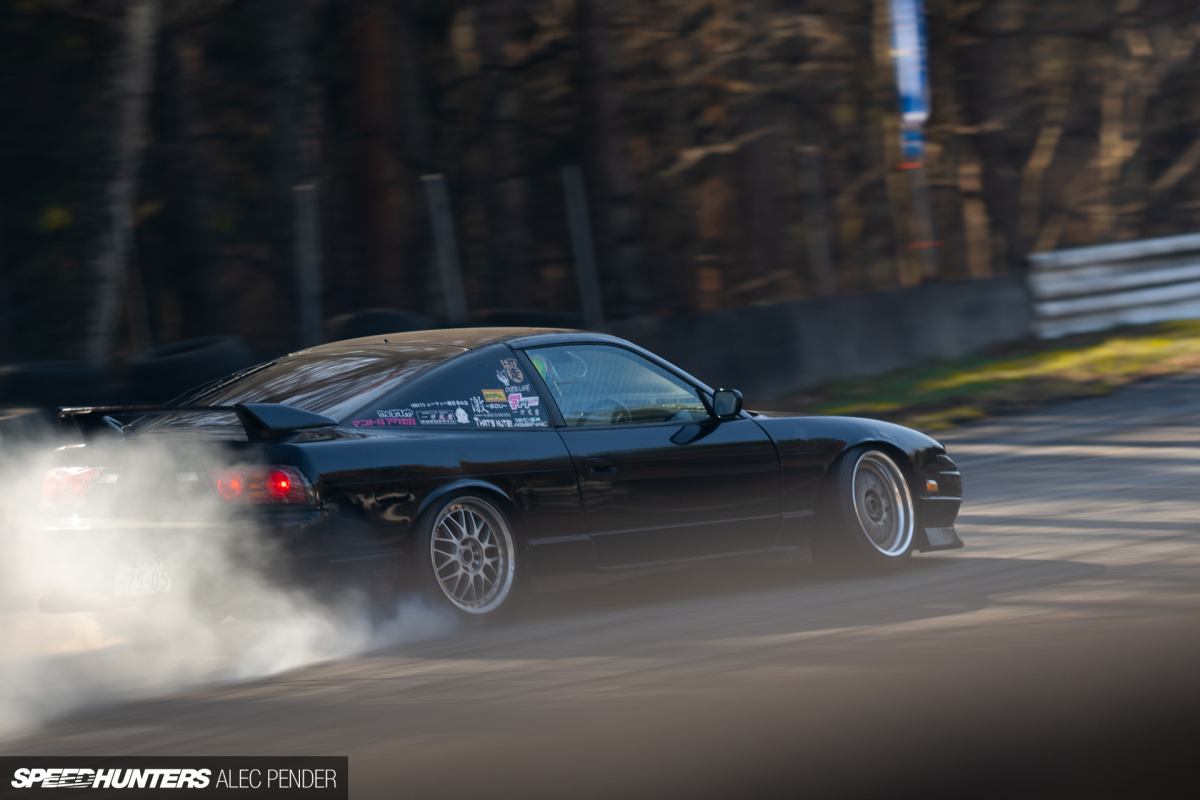
The reason I’ve grown to enjoy these events so much since I’ve been in Japan, is the variety of cars and drivers that you get to witness. With no rules or regulations controlling the cars entering, you’ll get a taste of every possible chassis, with no shortage of cars that surprise you.
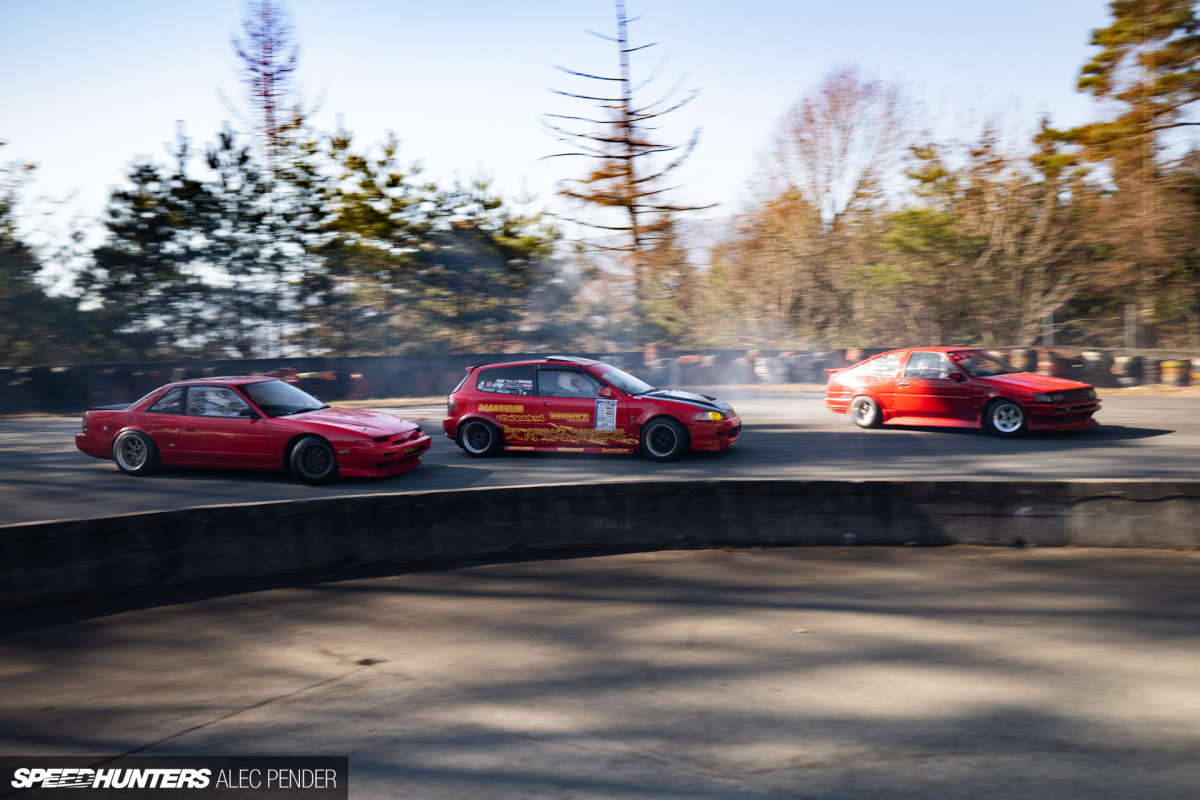
Lowbrain from Kanagawa are a great example of a grassroots drift team that have continued to keep the culture alive with their events, including this one – the SLY Summit.
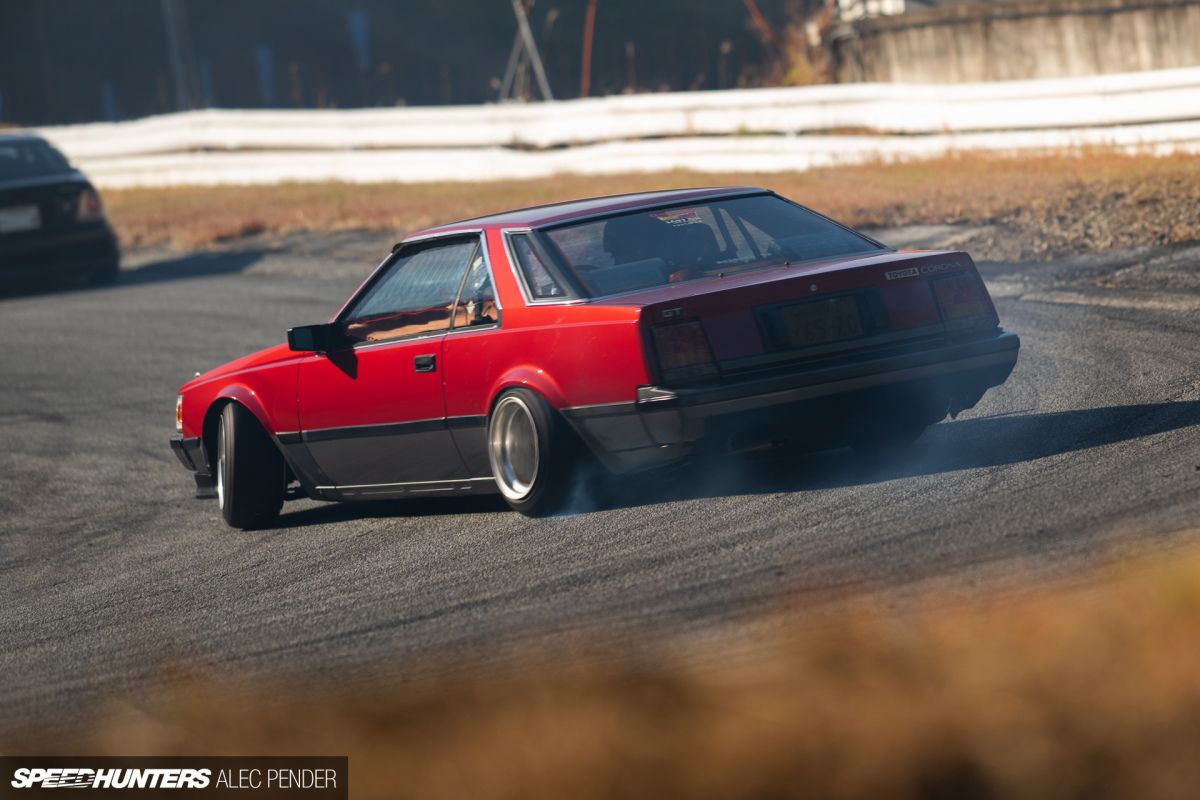
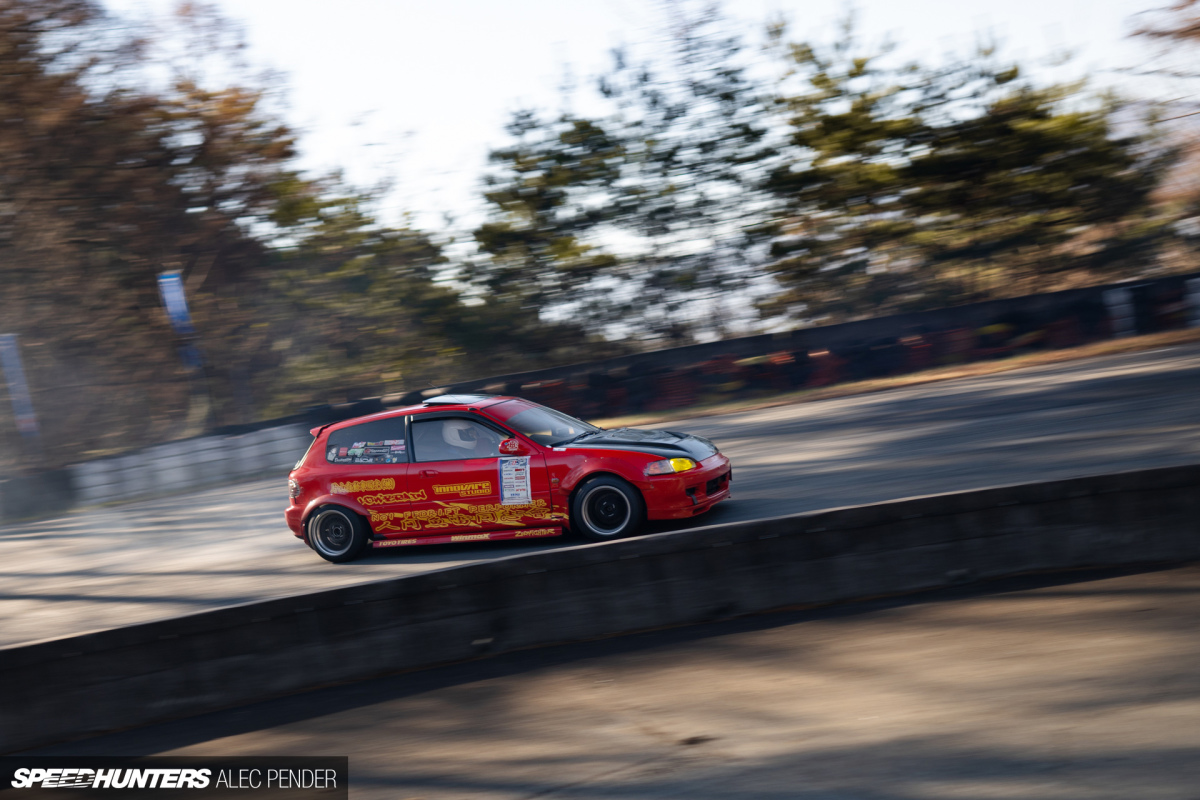
The team’s variety of cars makes it a favourite of mine, from John’s Toyota Corona hardtop (stay tuned for a spotlight on this), to Genki-san’s EG Honda Civic – it becomes obvious quite quickly that the colour red is the only similarity linking this team together.
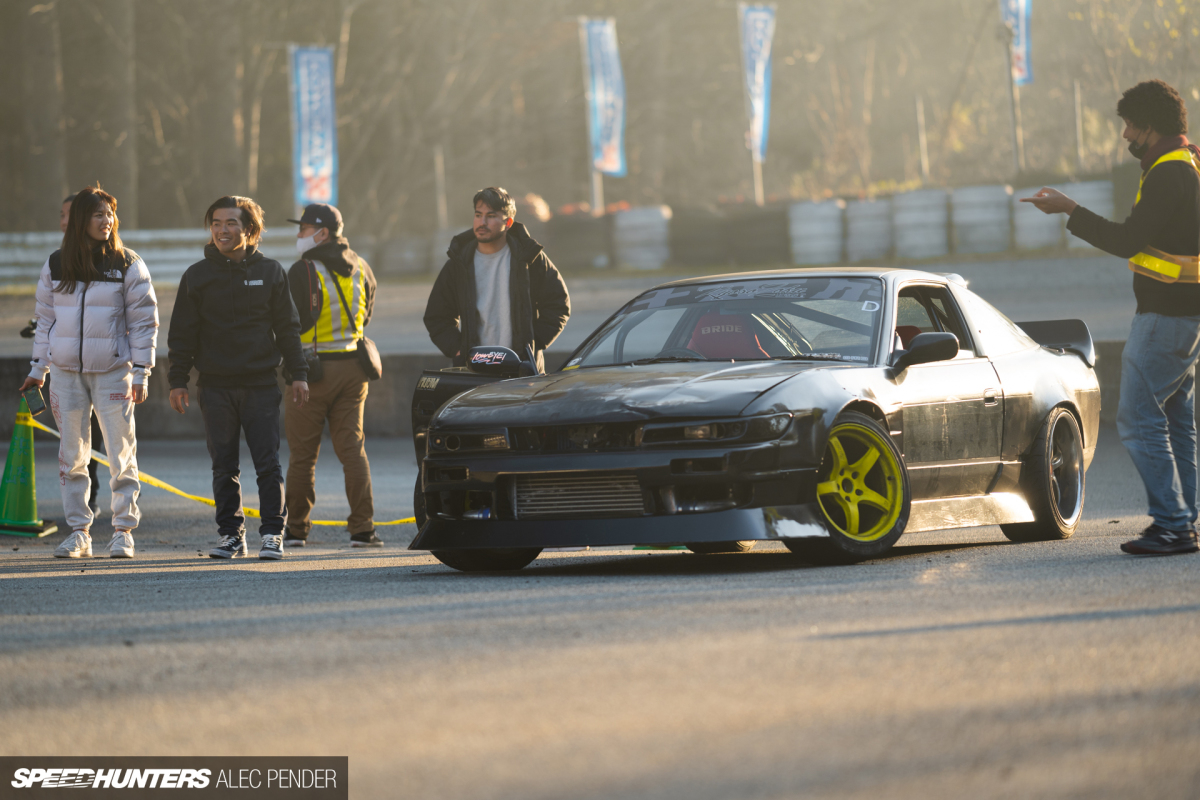
Kota-san’s Sil80 is a great example of a well driven ‘missile’. Coming from Ebisu’s Drift Matsuri a few weeks prior, Kota easily enjoyed the most laps on the day, even running out of fuel towards the end.
The paddock areas of these grassroots events are always full of energy. There’s a welcoming nature as everyone is simply there to enjoy themselves, making for an awesome environment.
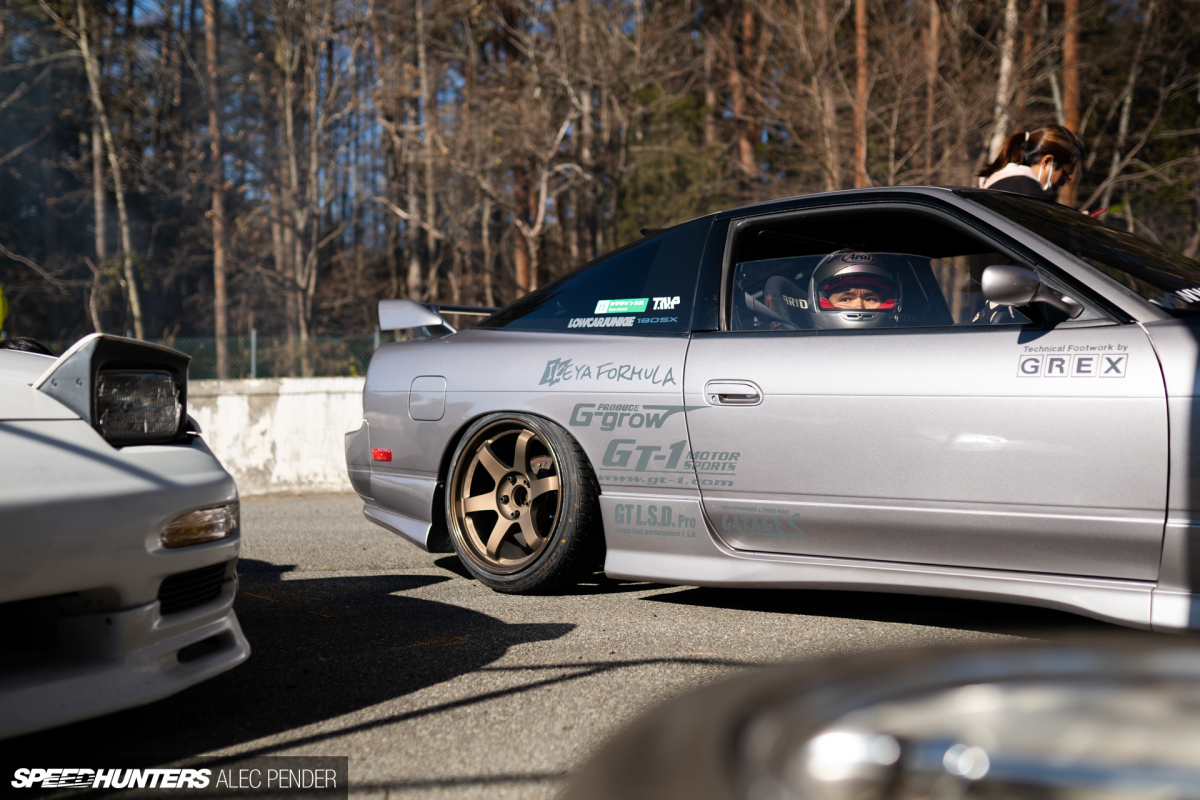
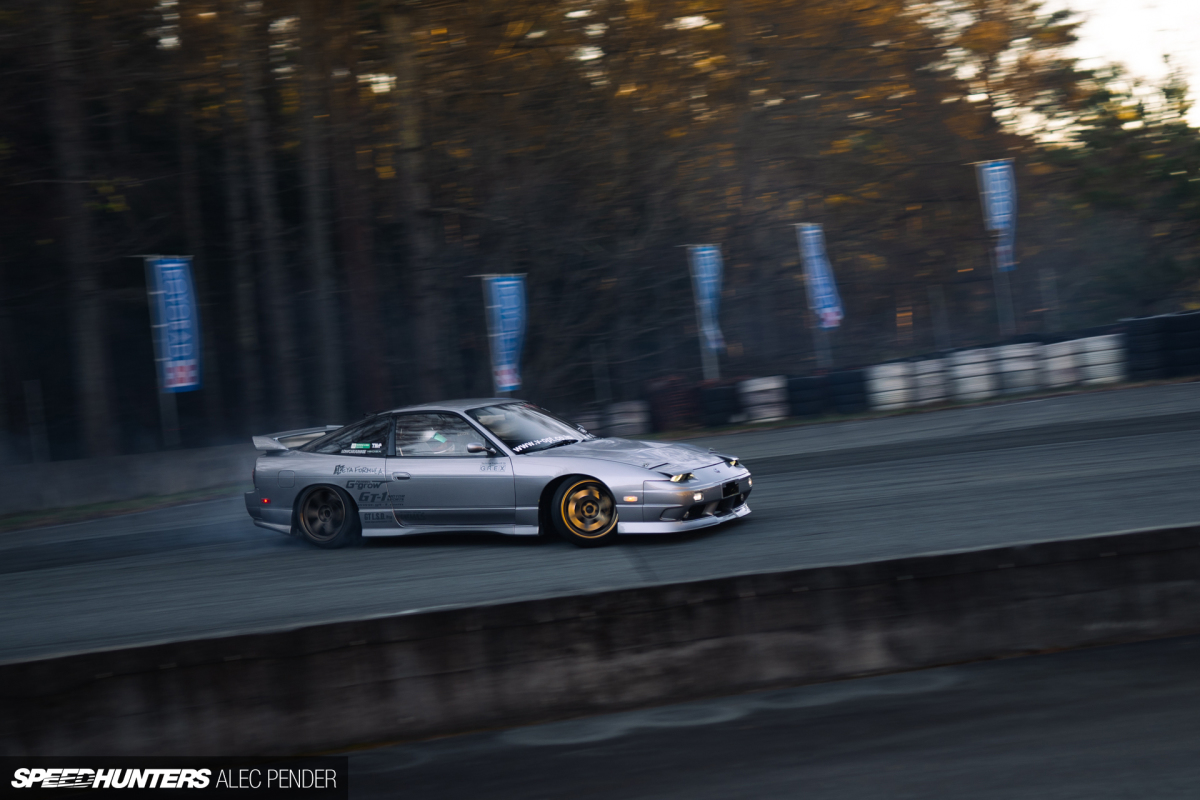
Ryota-san’s RPS13 Nissan 180SX Type X was arguably one of the tidiest cars on the day. It’s always refreshing to see cars like this enjoyed as originally intended.
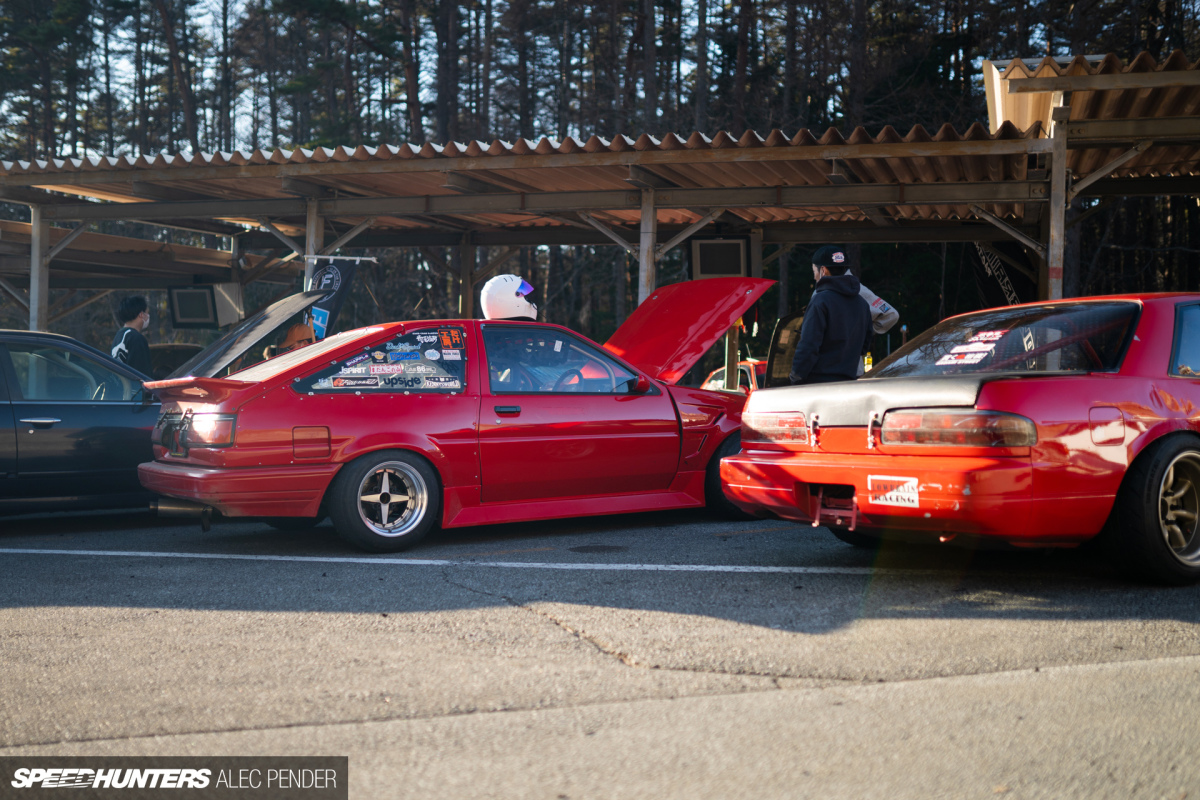
Grassroots drifting is proof that you don’t need a purpose-built 800hp car to enjoy the sport. No formal judging and competitive rivalries get in the way of having a good time, with almost all entrants on the day driving home in the same car later in the evening.
Alex Pender
Instagram: noplansco
How To join the IATS program: We have always welcomed readers to contact us with examples of their work and believe that the best Speedhunter is always the person closest to the culture itself, right there on the street or local parking lot. If you think you have what it takes and would like to share your work with us then you should apply to become part of the IAMTHESPEEDHUNTER program. Read how to get involved here.
